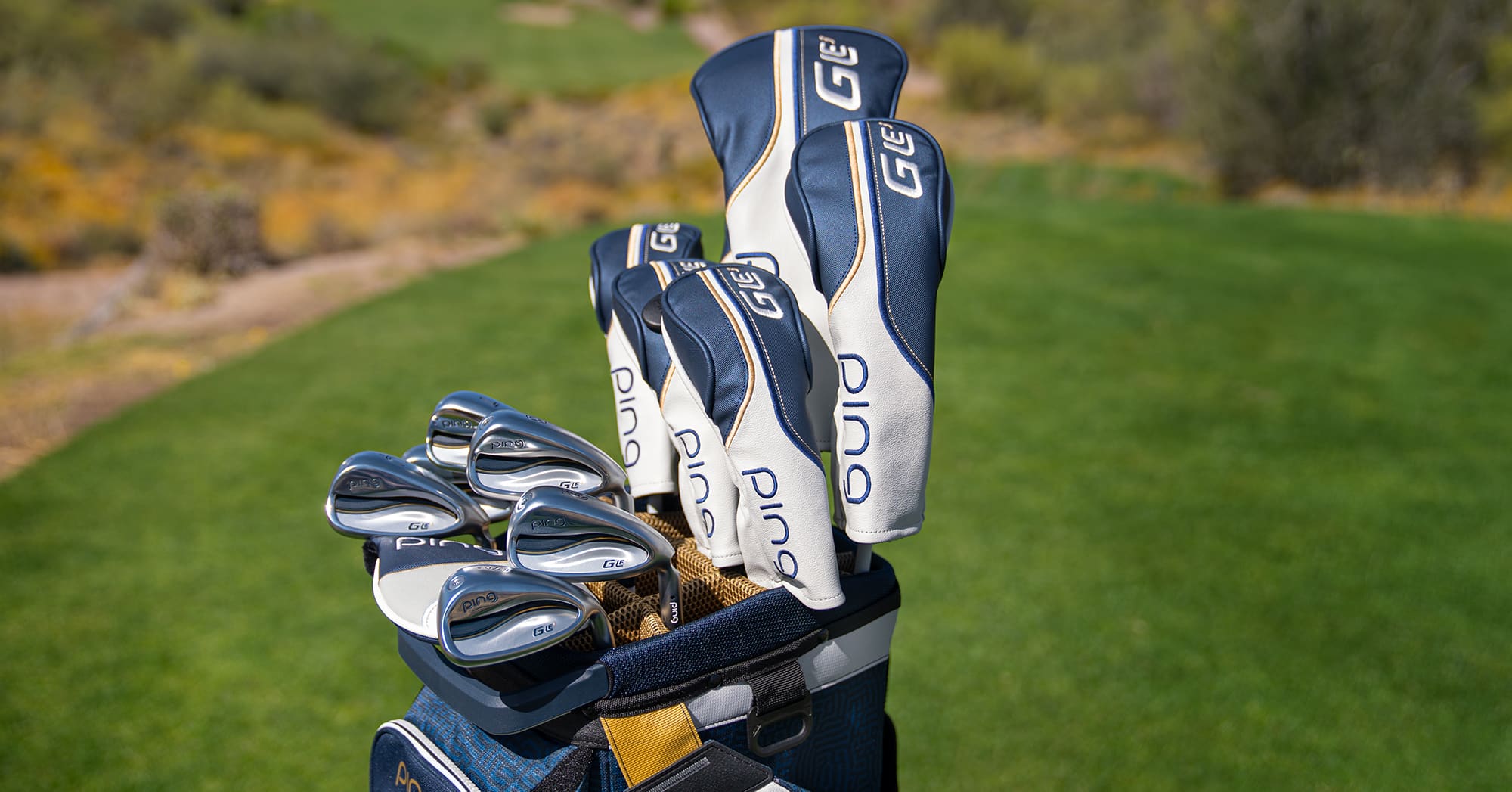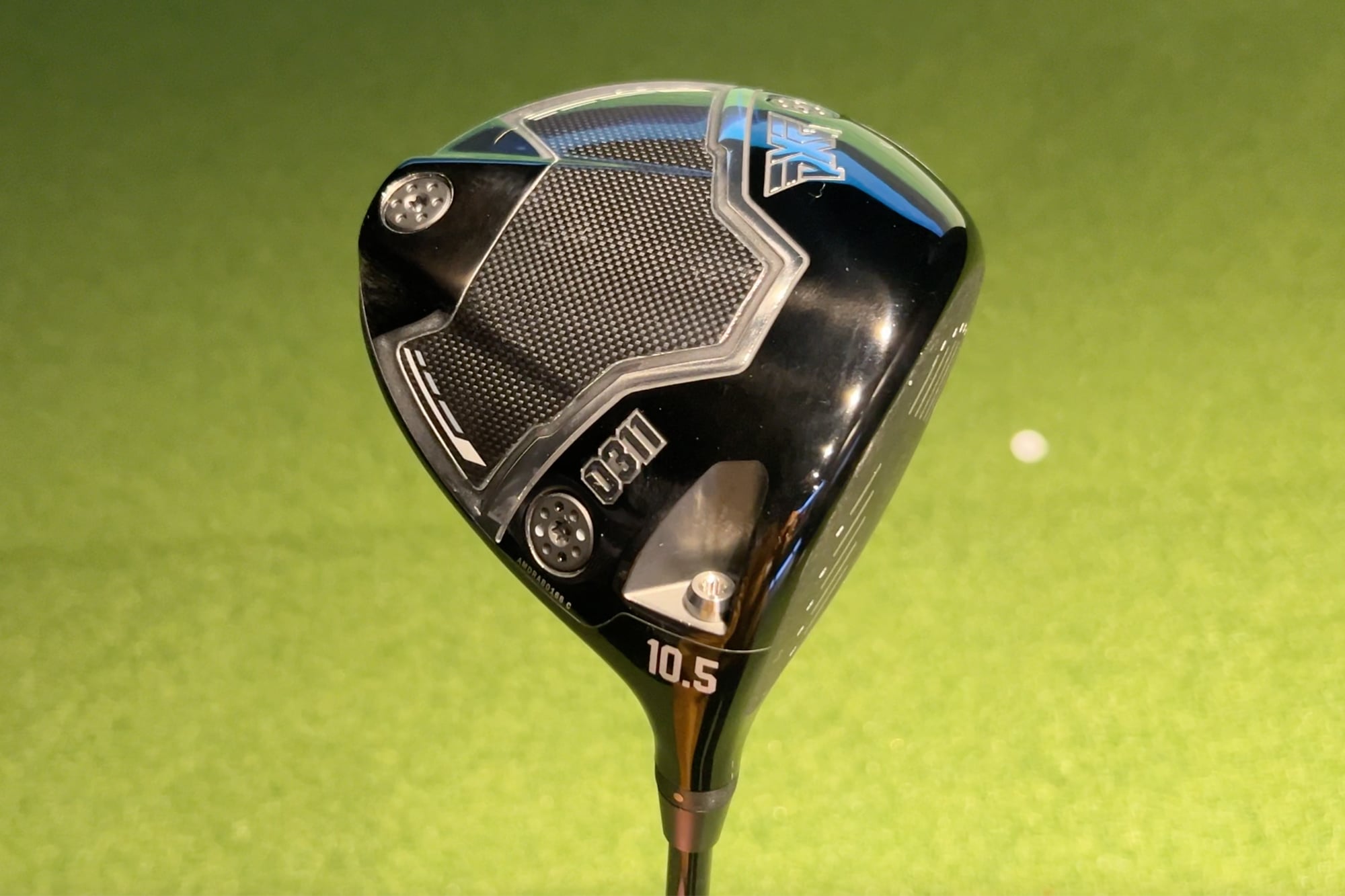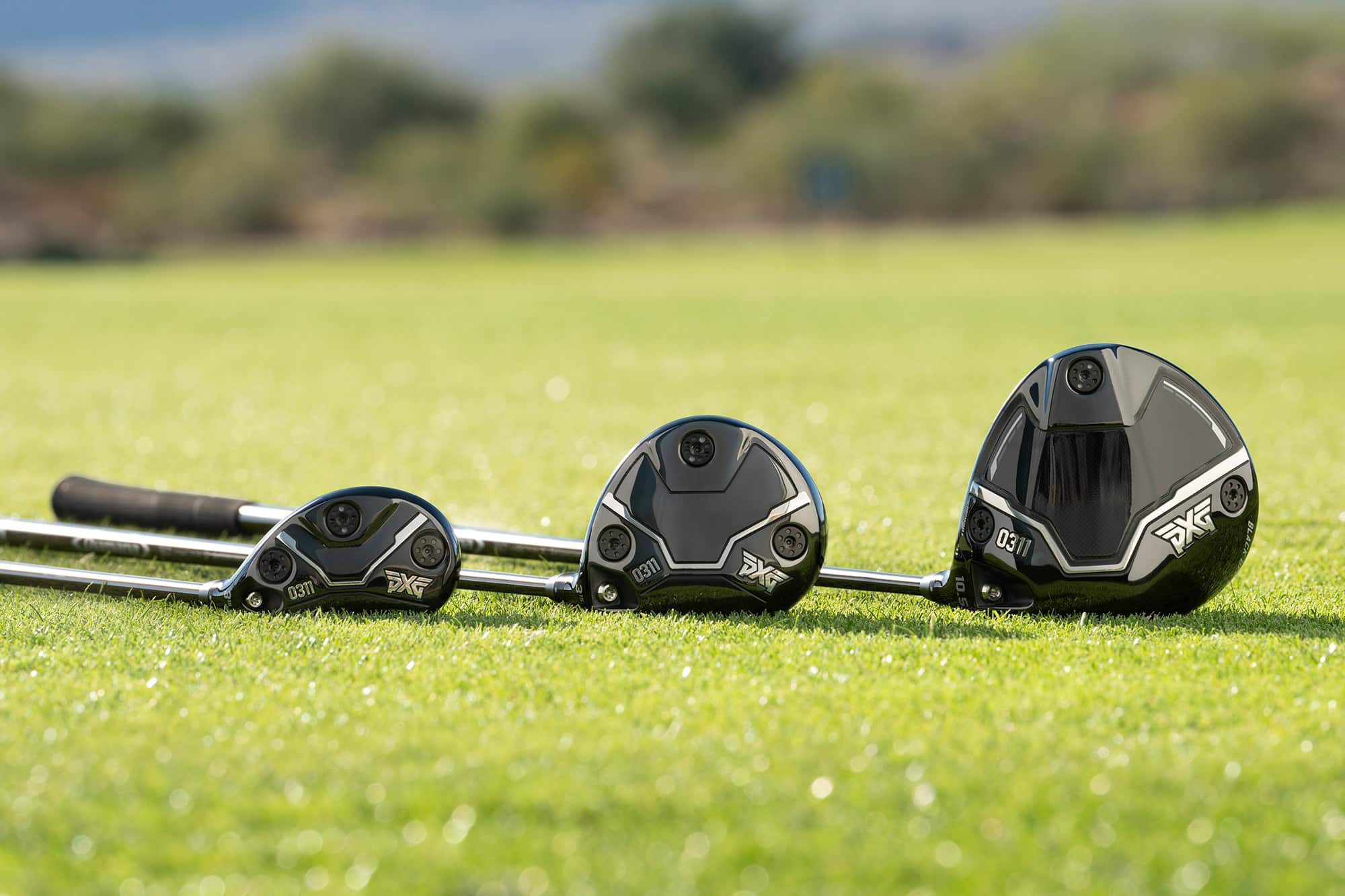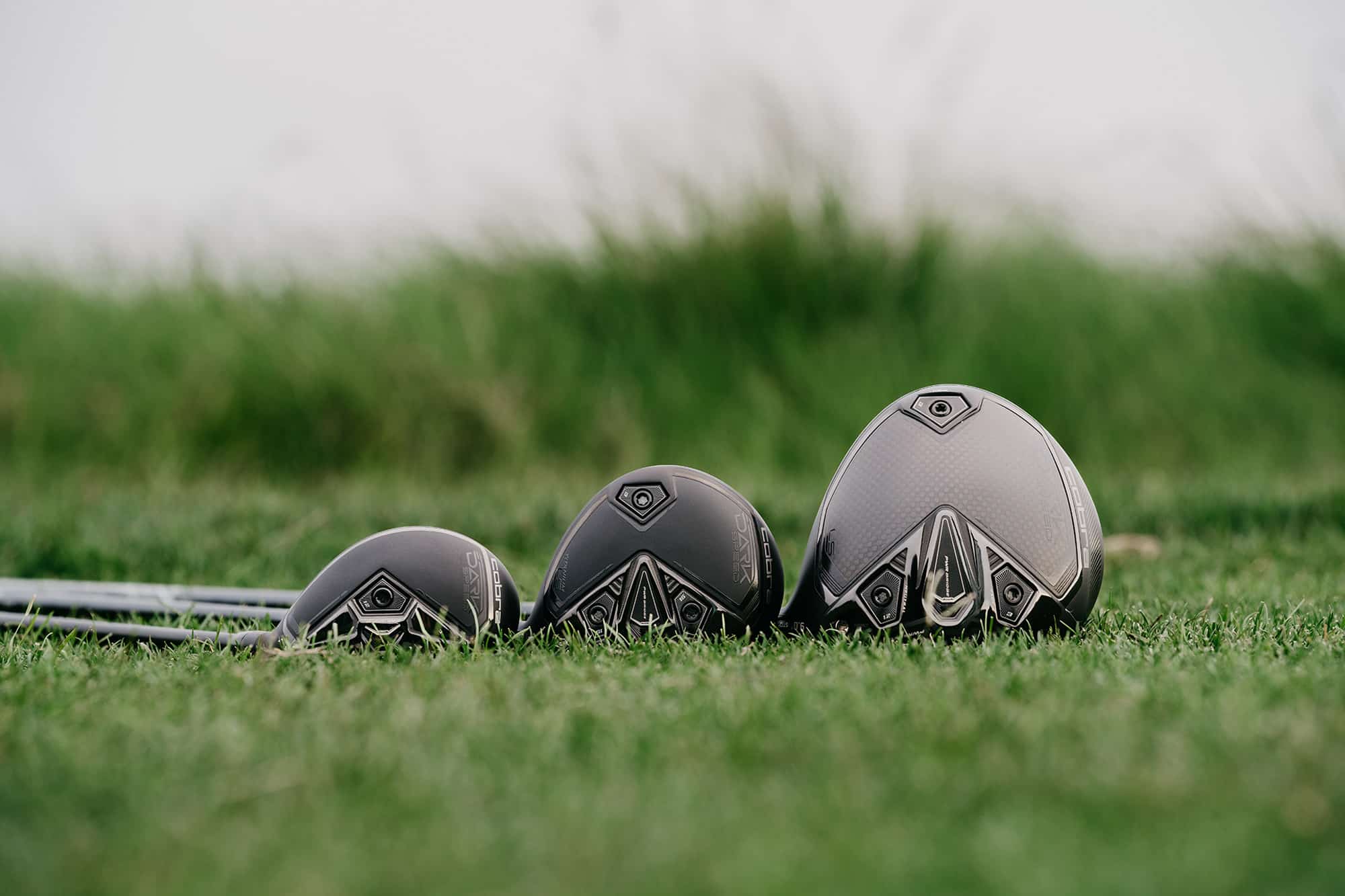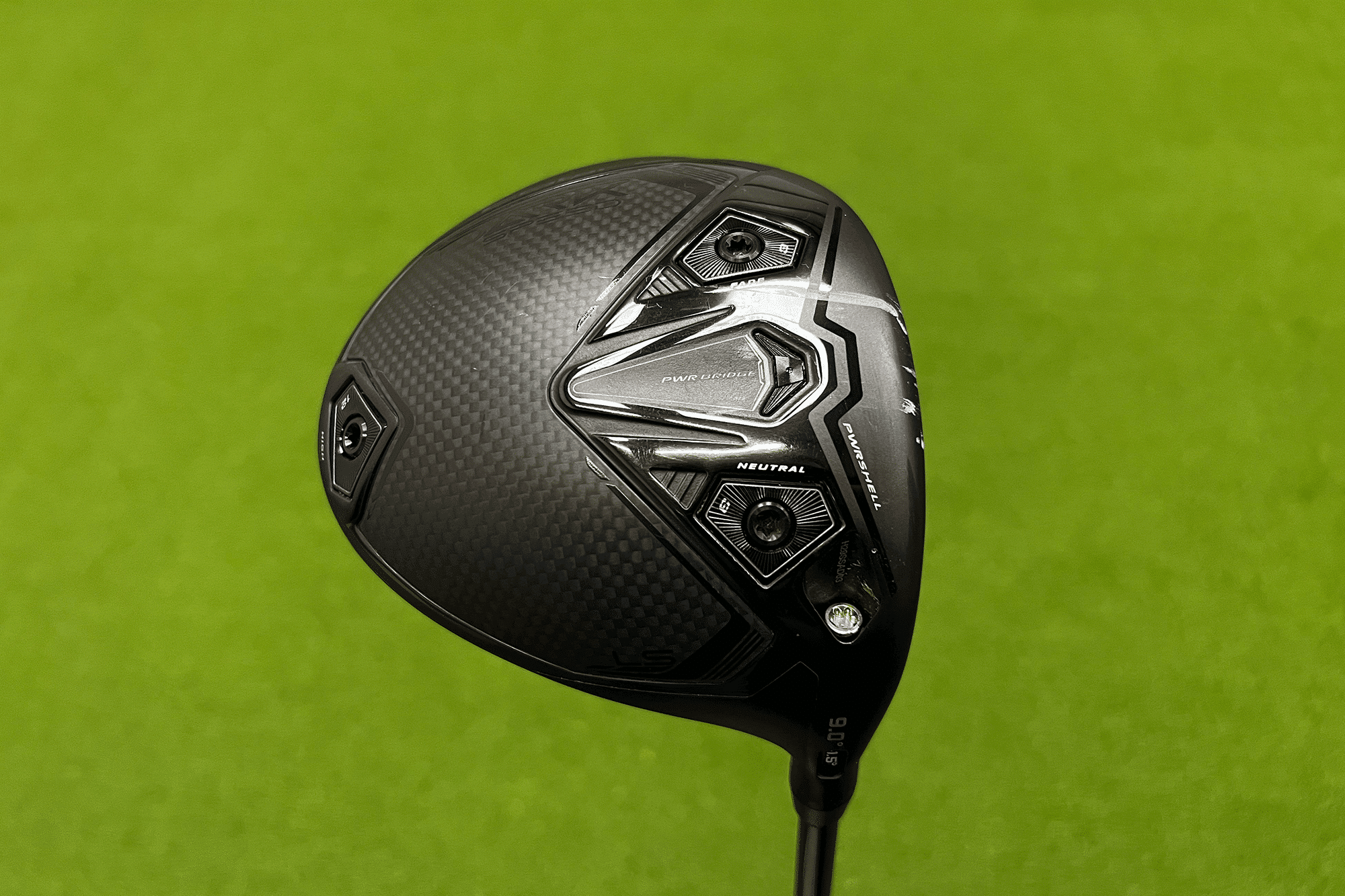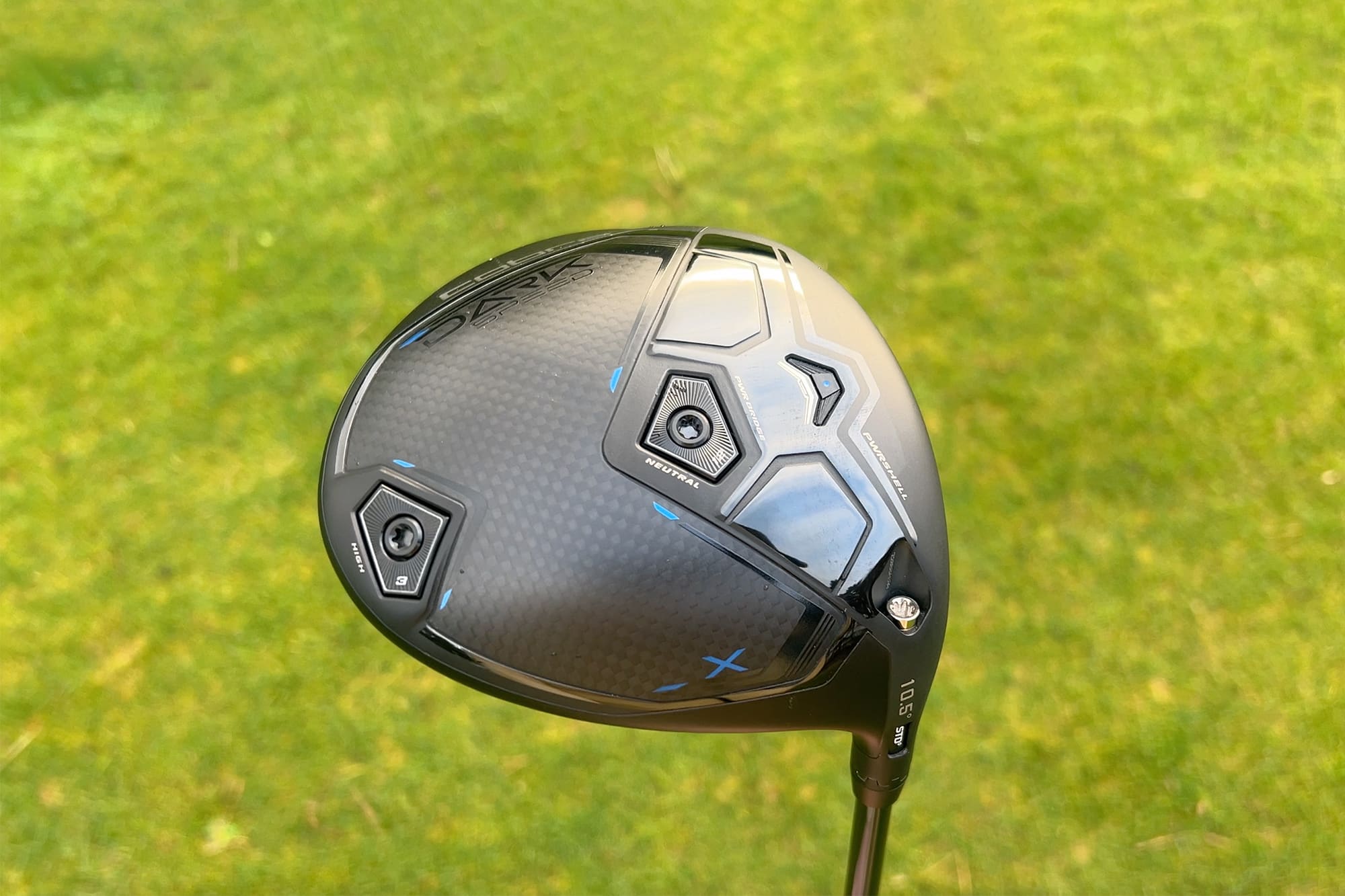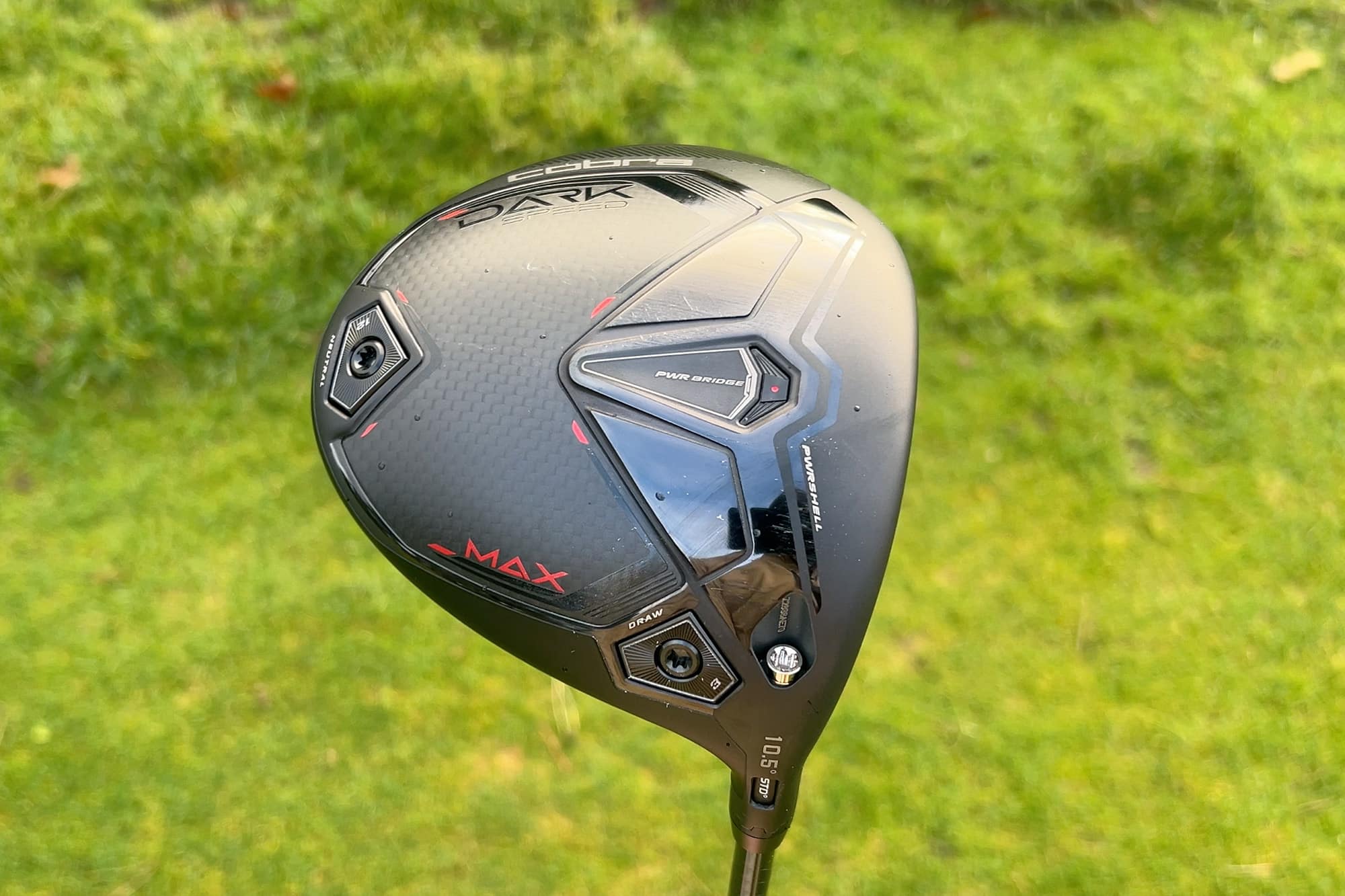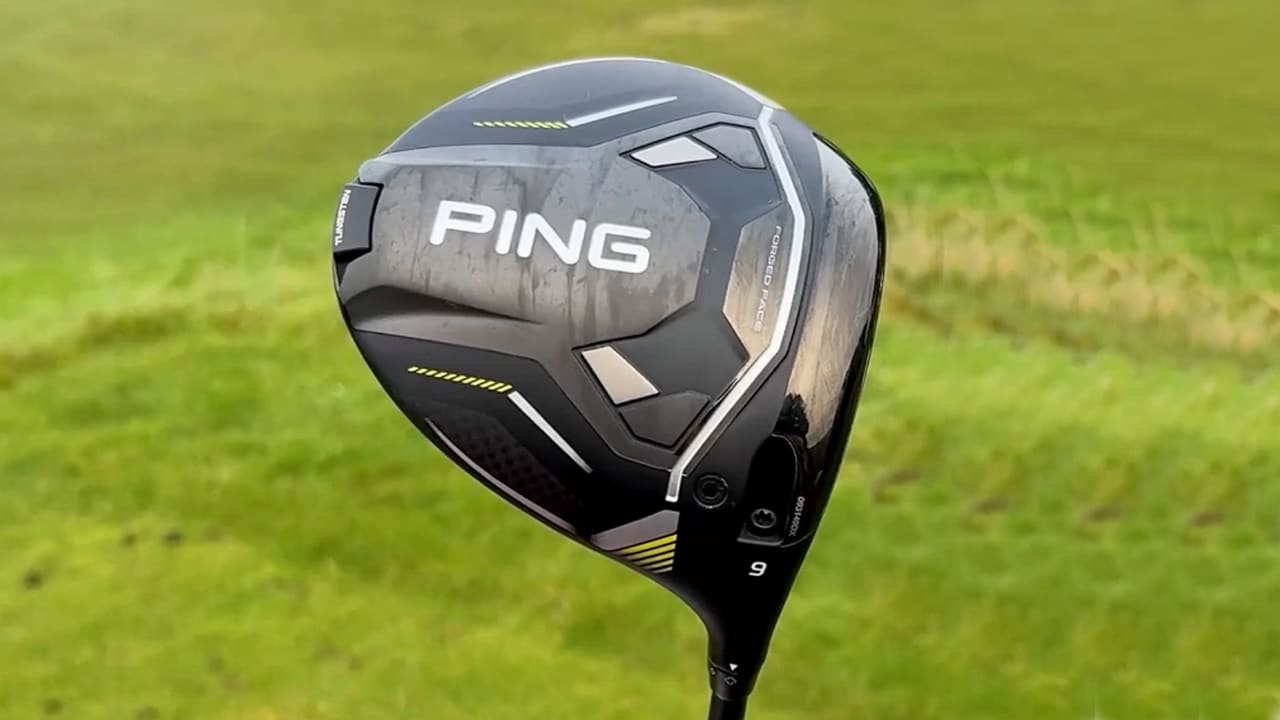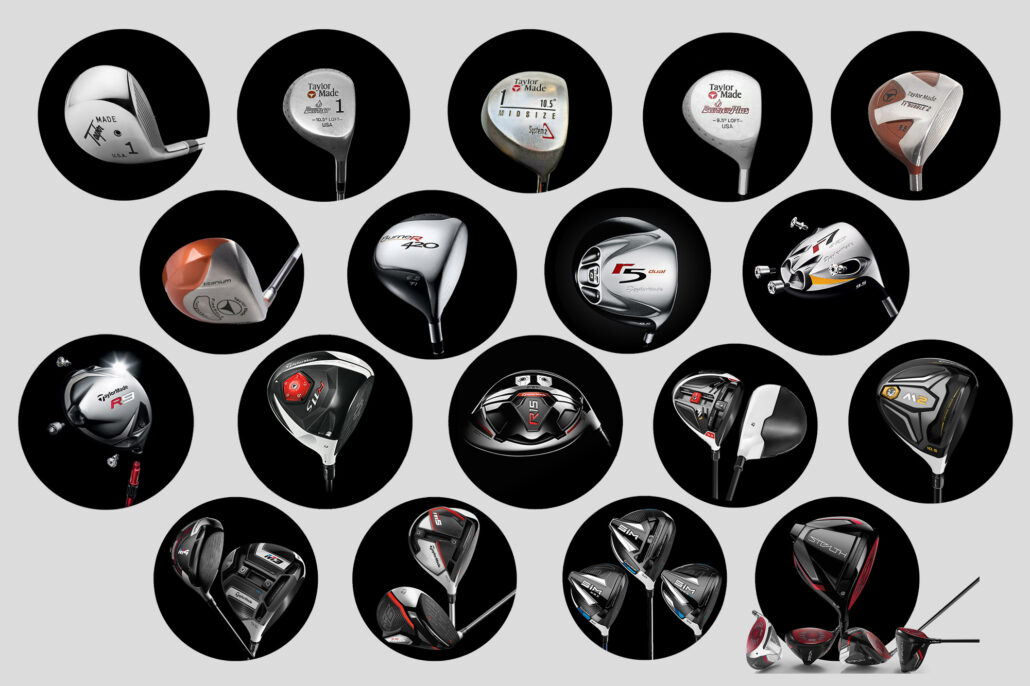
40 years of game-changing technology: How TaylorMade revolutionised the driver industry
TaylorMade have been moving the needle of driver technology since the 1970s. So how has the tech changed over time? Hannah Holden takes a closer look
Over the years TaylorMade has brought some of the most innovative drivers in golf to the market. Let’s take a look at how their technologies have evolved.
TaylorMade drivers by year: 1979: 1Metal/Pittsburgh Persimmon driver
TaylorMade’s debut driver introduced the metalwood to the world. Originally called the 1Metal, it became the Pittsburgh Persimmon in 1980 and was the first driver to depart from a classical wooden construction.
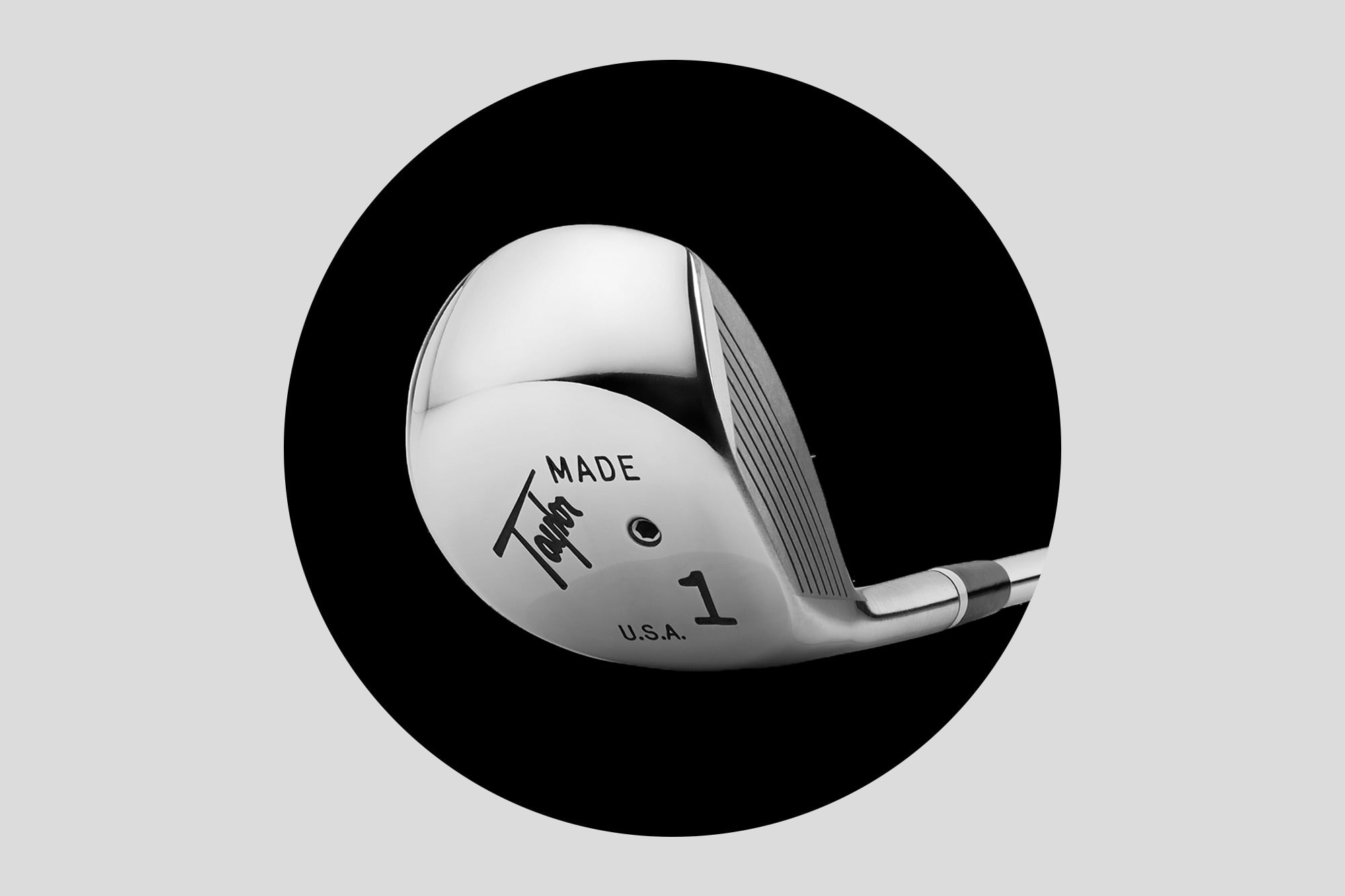
TaylorMade drivers by year: 1983: TaylorMade Burner driver
As far back as the 1980s, TaylorMade were looking at ways to increase club head speed. The dimpling on the side of the Burner was touted to get you moving the club head faster.
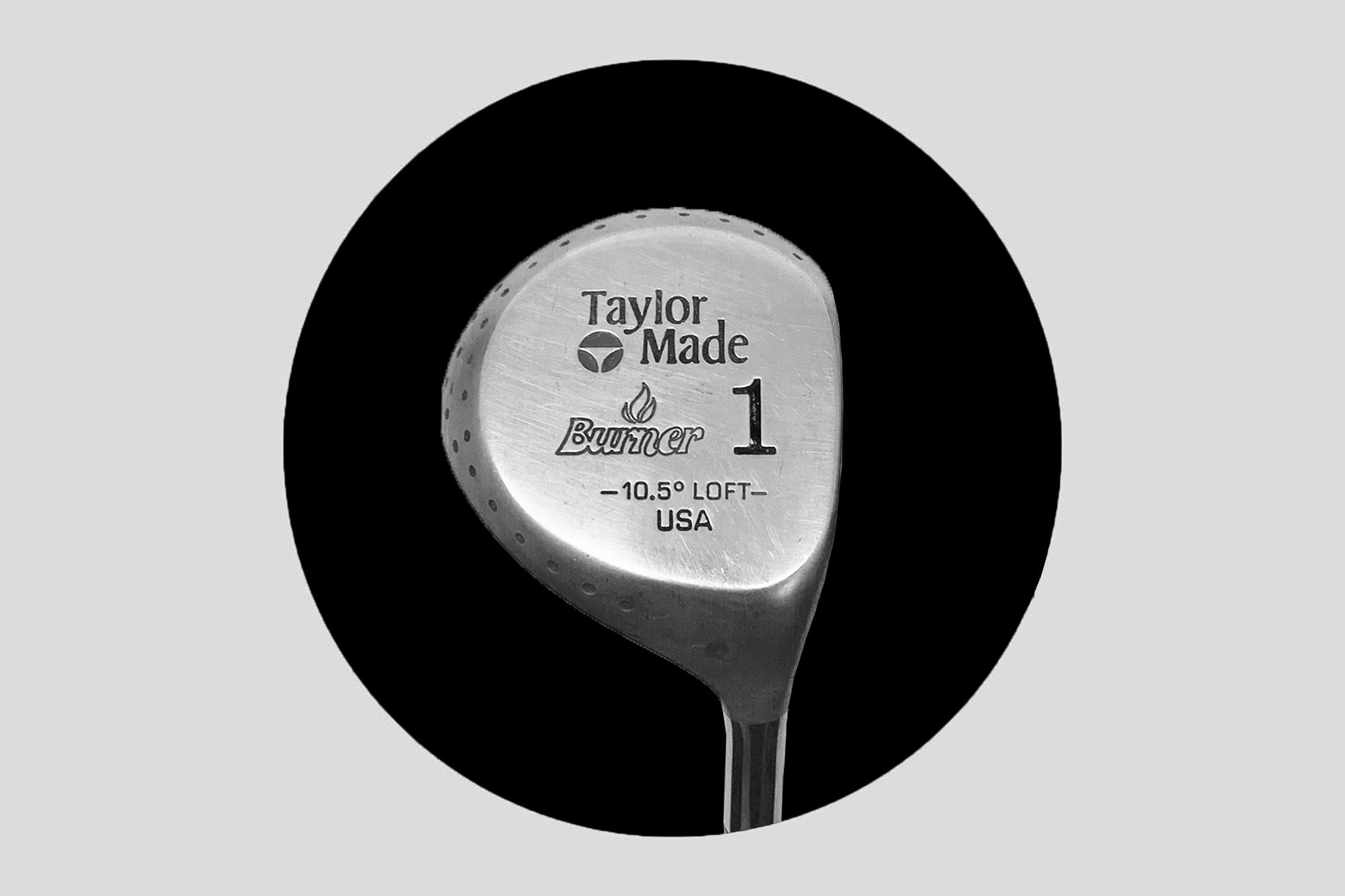
TaylorMade drivers by year: 1988: TaylorMade Burner Plus driver
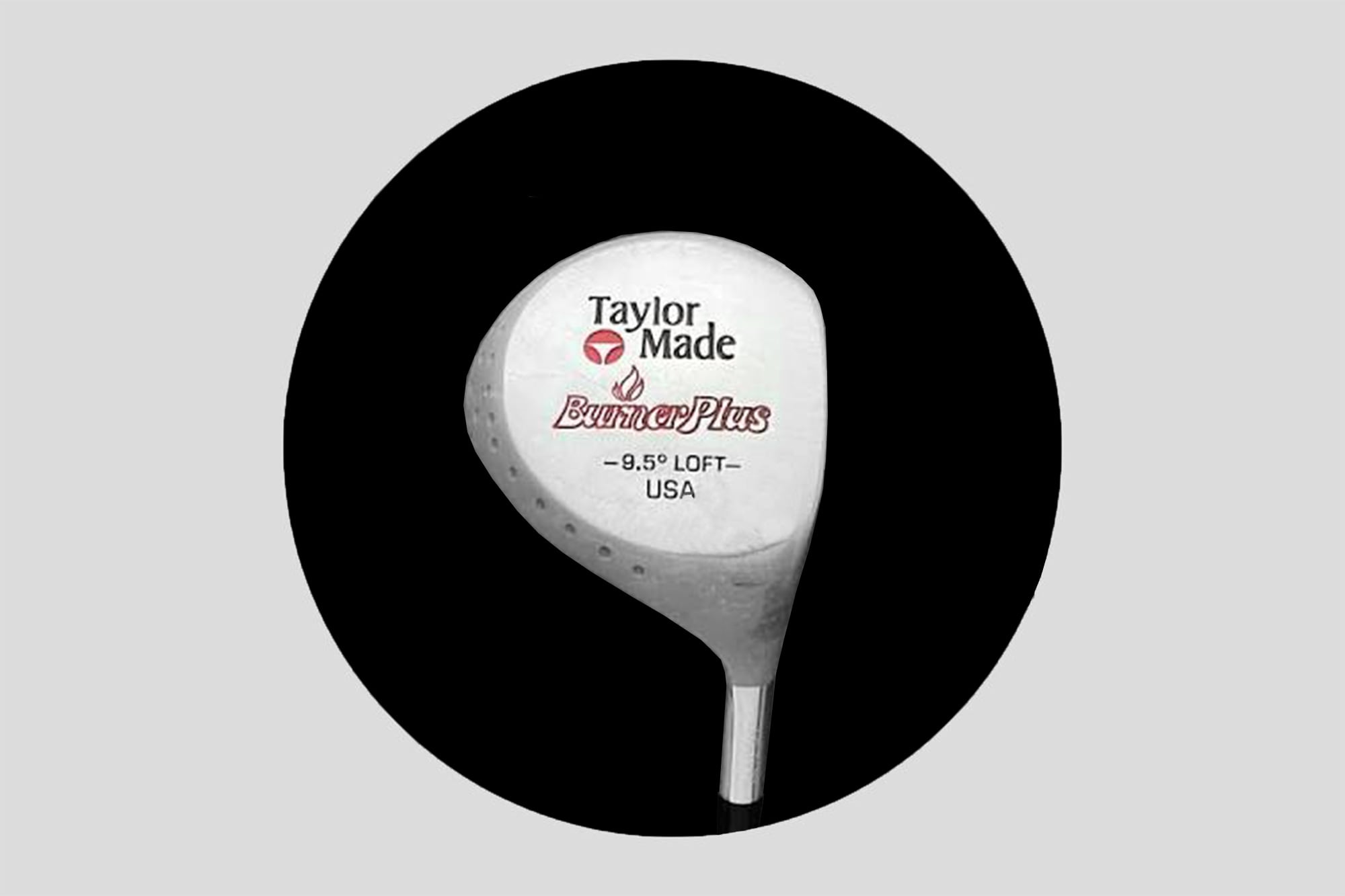
TaylorMade drivers by year: 1991: TaylorMade System 2 MidSize driver
This club head was foam-filled to improve weighting and sound. TaylorMade also added a new shaft of superior quality which saw many golfers make distance gains.
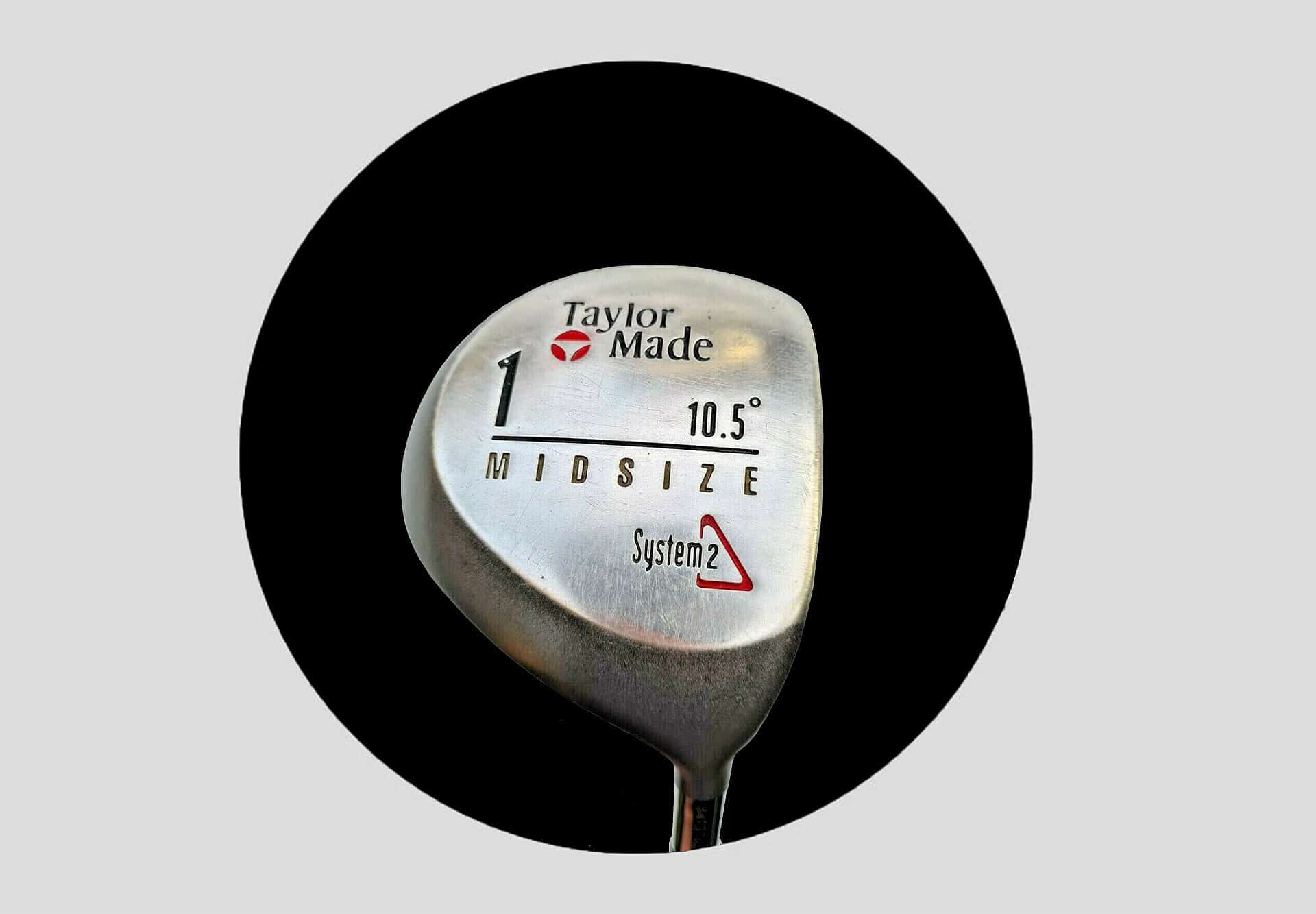
TaylorMade drivers by year: 1995: TaylorMade Titanium Bubble Shaft driver
TaylorMade’s first titanium driver, it featured a shaft wider from the bubble to the tip making the clubhead much more stable at impact and offering more balance for greater club head speed.
TaylorMade drivers by year: 1997: TaylorMade Titanium Bubble Shaft 2 driver
The second Bubble driver featured a K-shaped sole design. This helped to lower the centre of gravity to make it easier to launch shots higher.
TaylorMade drivers by year: 1999: TaylorMade Firesole driver
The Firesole driver featured of a tungsten sole plate to improve weight distribution and increase launch angle.
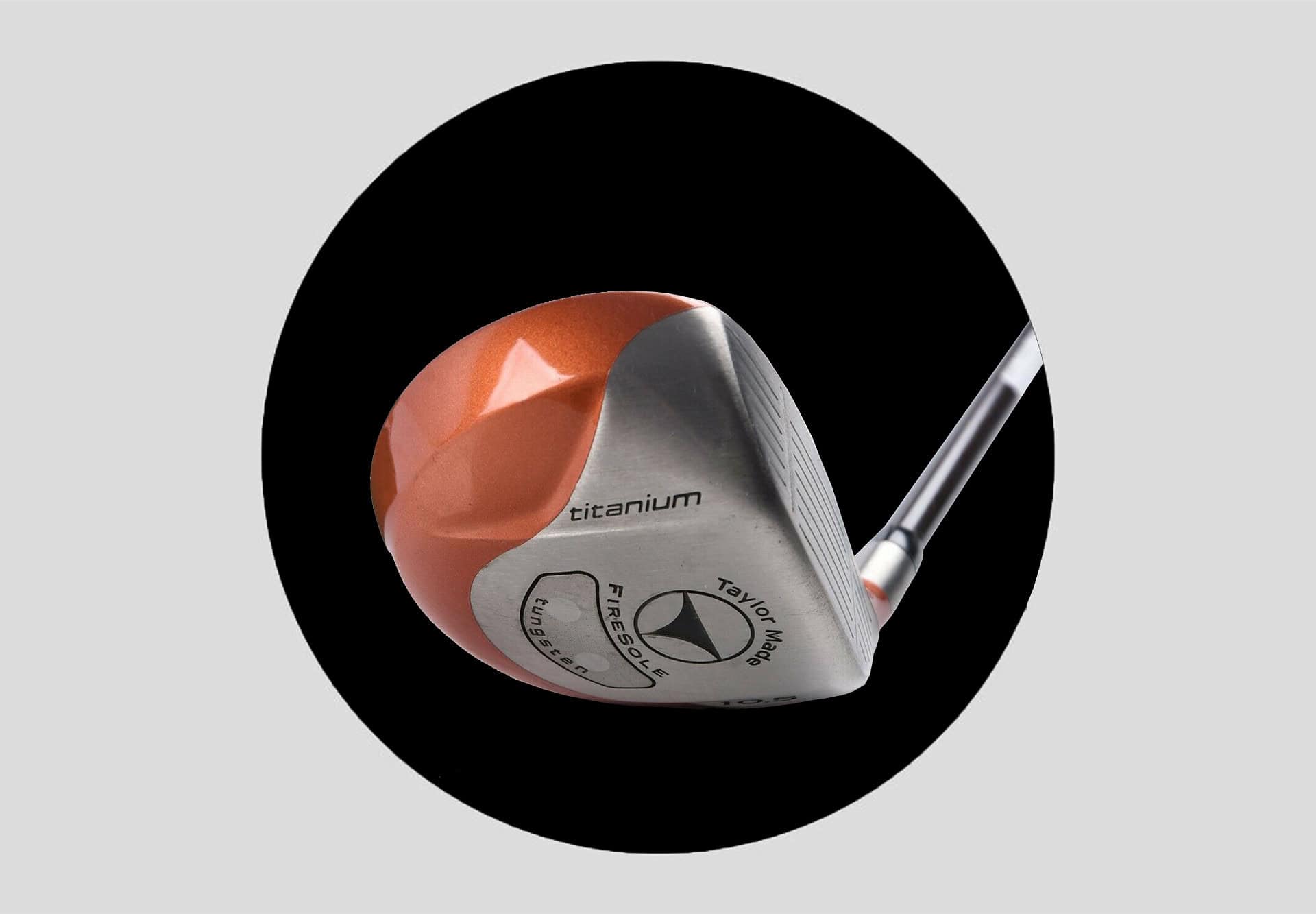
TaylorMade drivers by year: 2001: TaylorMade 300 series driver
The R300 Series featured three separate drivers, the 300 Ti, 320 Ti and 360 Ti. These were the first TaylorMade drivers to meet or exceed the USGA COR limit. Each of the three models was designed with unique head size, shape, weight distribution, lie angle and shaft length to optimise a particular player’s unique launch condition. These were the first TaylorMade drivers to meet or exceed the USGA COR limit.
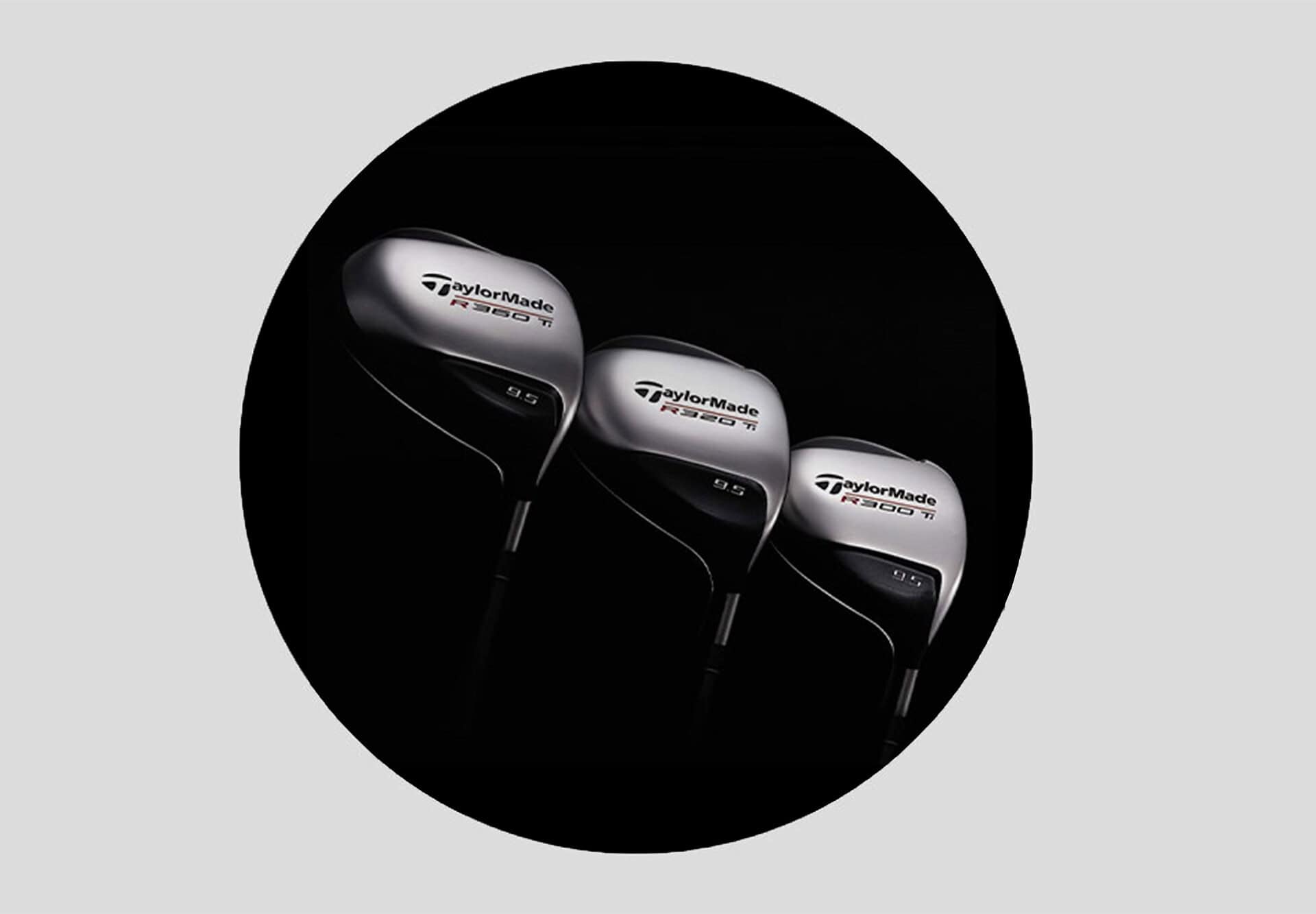
TaylorMade drivers by year: 2002: TaylorMade Burner 420 driver
The Burner 420 introduced Titanium construction and performance to the market. It had a larger 405cc head and a larger more expansive club face helping to increase the sweet spot.
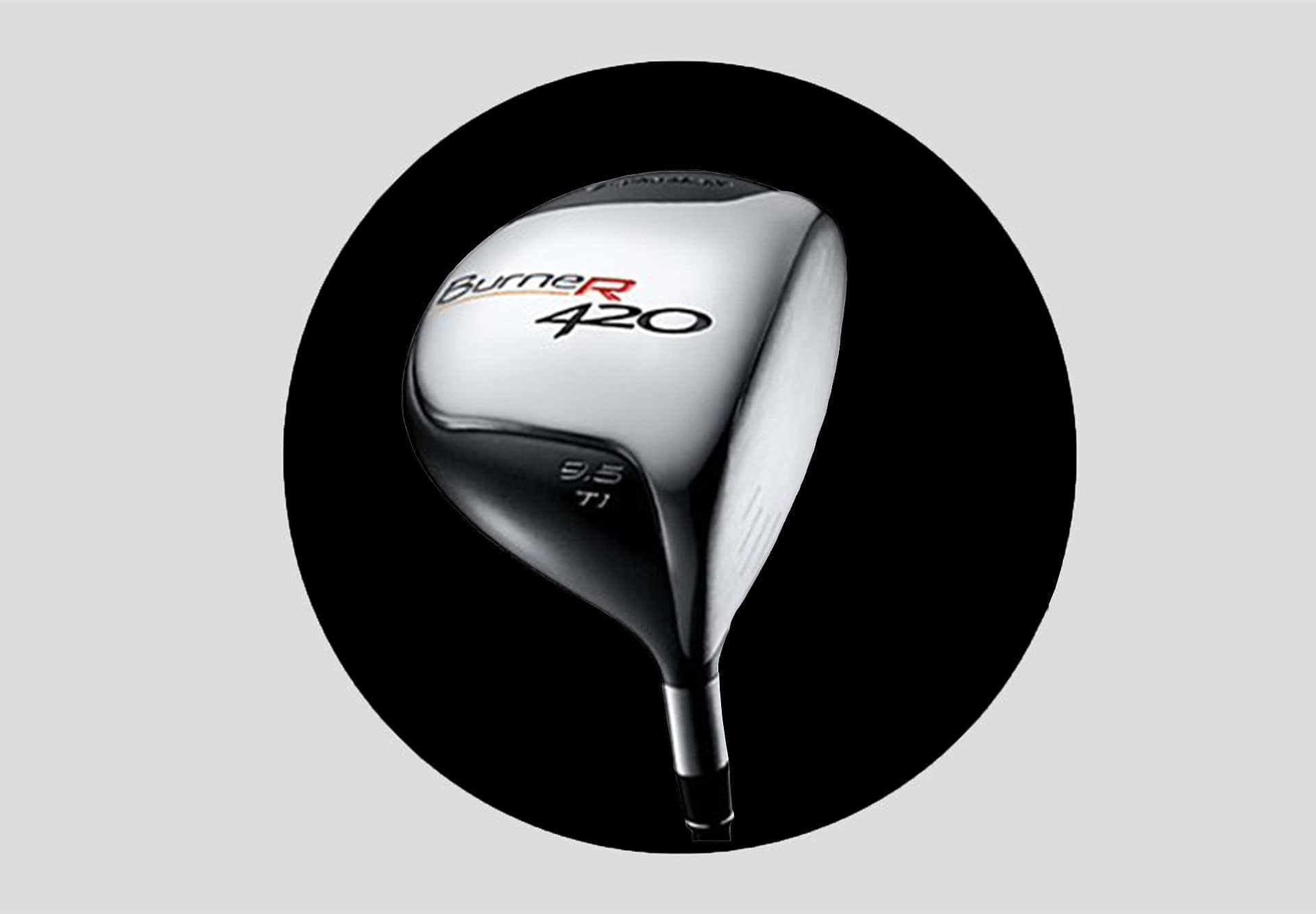
TaylorMade drivers by year: 2002: TaylorMade R5 series driver
The R5 launched Inverted Cone Technology, numerous thicknesses in a circular pattern on the back of the club face. This substantially increased the sweet spot to deliver more ball speed and distance on off-centre strikes.
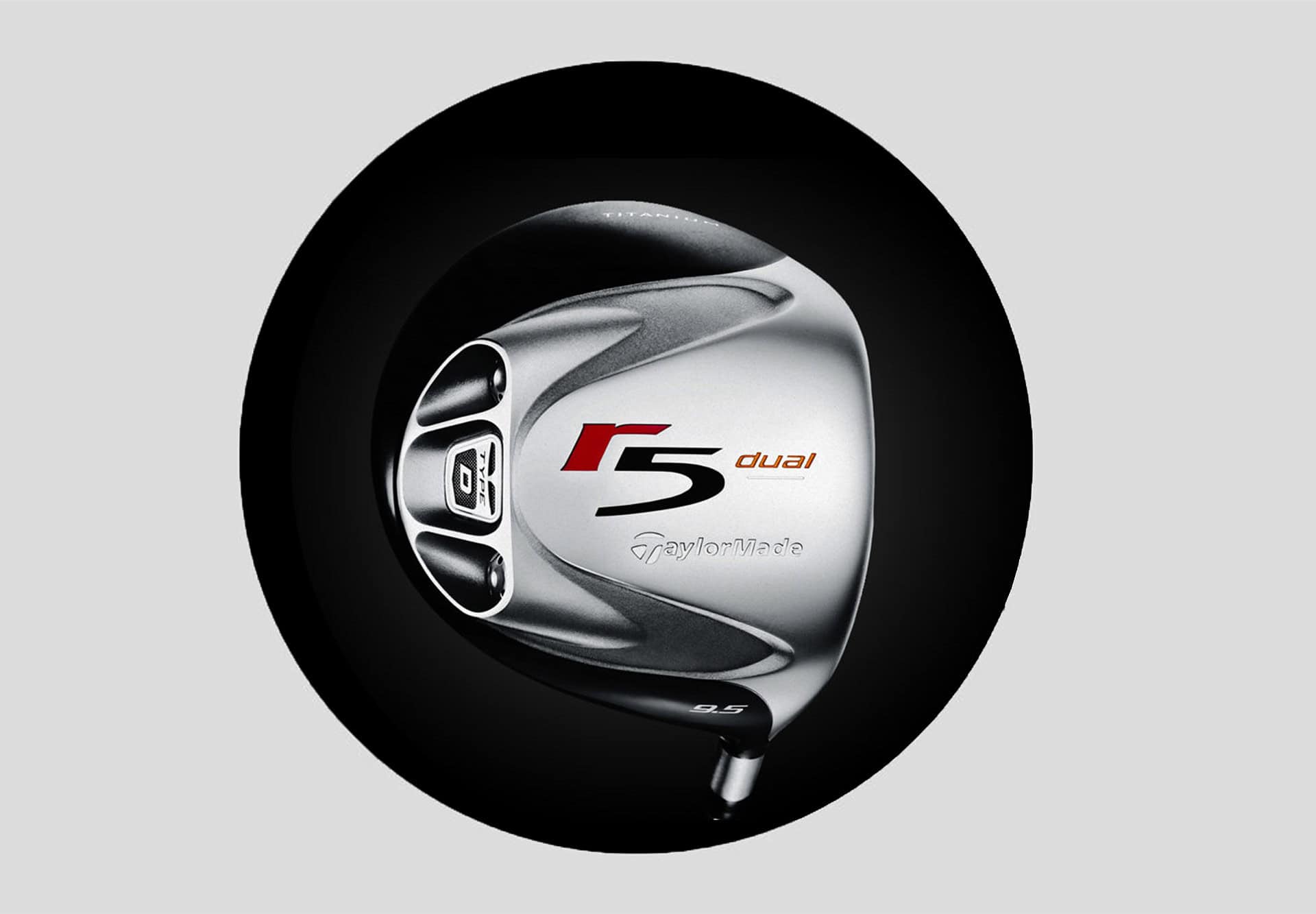
TaylorMade drivers by year: 2003: TaylorMade R510 series driver
There were five driver models in the R510 driver series. The R510 TP, R510, R540 and R580. The TaylorMade R510 TP driver has one of TaylorMade’s most iconic driver head shapes. It had a larger head so offered more MOI and forgiveness than other models.
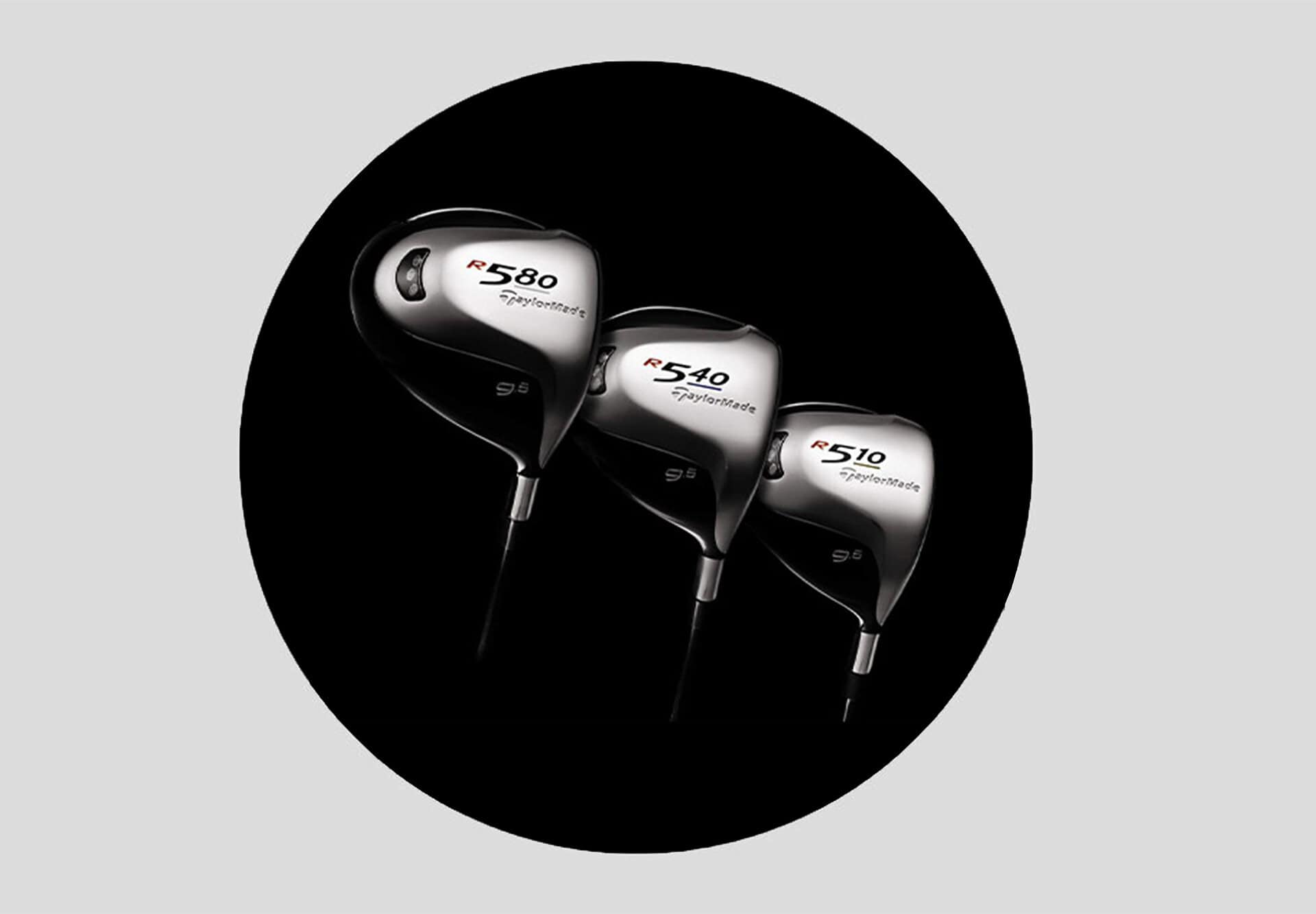
TaylorMade drivers by year: 2004: R7 Quad driver
This marked the introduction of moveable weight technology. Golfers now had the ability to reposition weights in the club head to optimise their launch conditions.
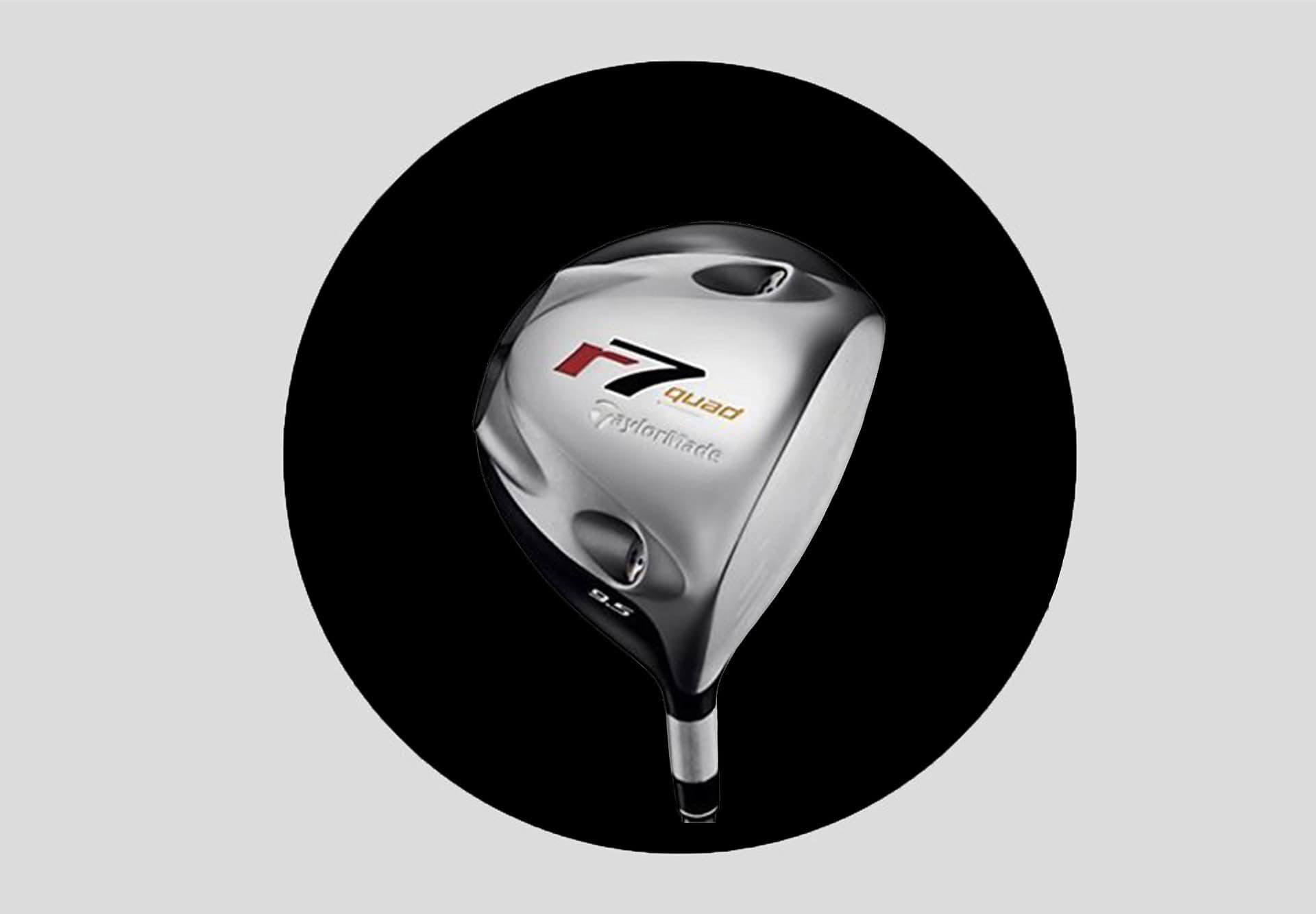
TaylorMade drivers by year: 2005: TaylorMade R7 425 driver
Named after its 425cc head size. Forty grams of weight was redistributed in the club head to allow for heavier moveable weight cartridges. Golfers could adjust their shot shape 30% more than with the original R7 Quad.
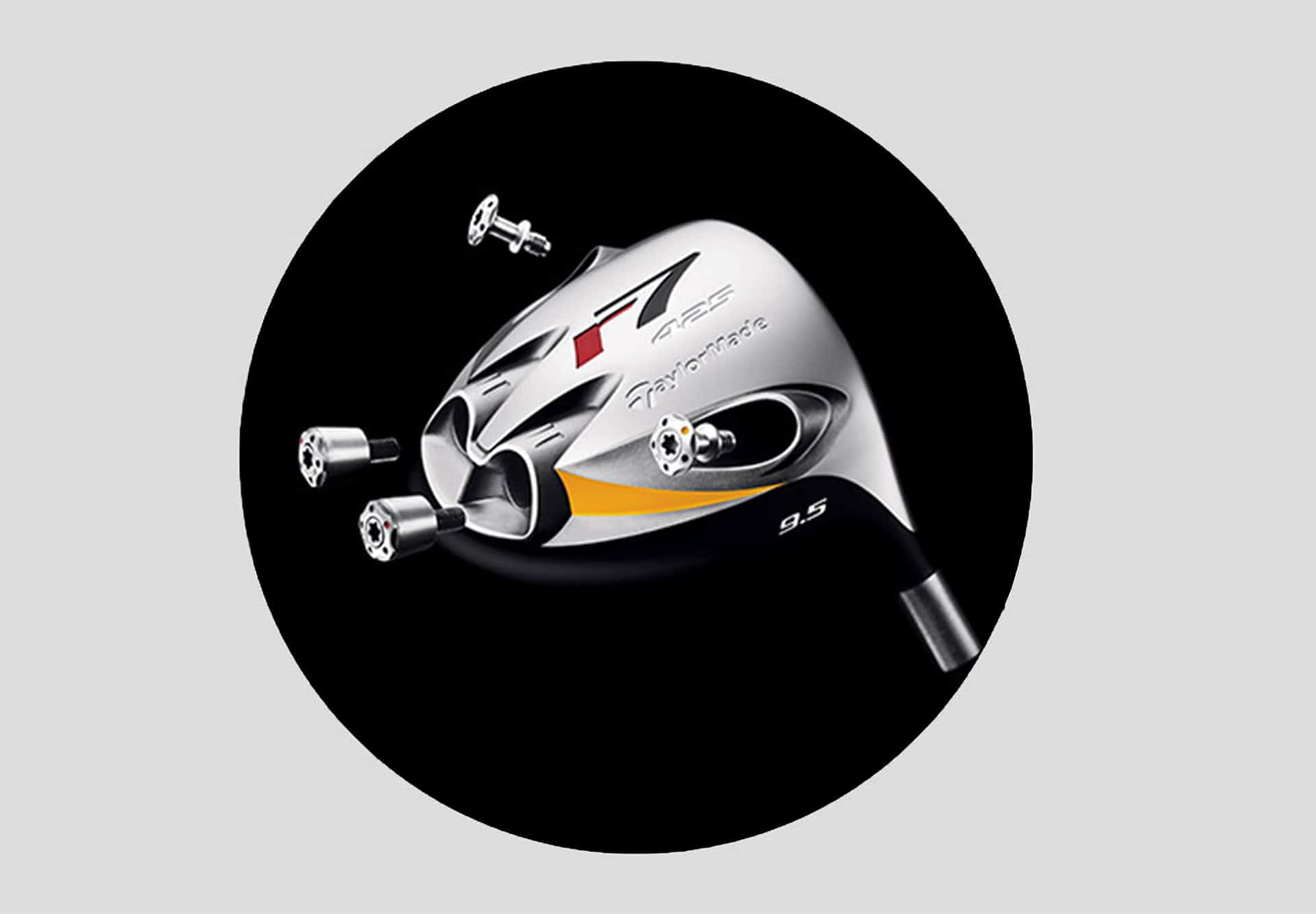
TaylorMade drivers by year: 2006: TaylorMade R7 460 driver
The first 460cc driver head to feature moveable weight technology. Two moveable weights in the club head gave the consumer the ability to move the centre of gravity to create a draw bias ball flight.
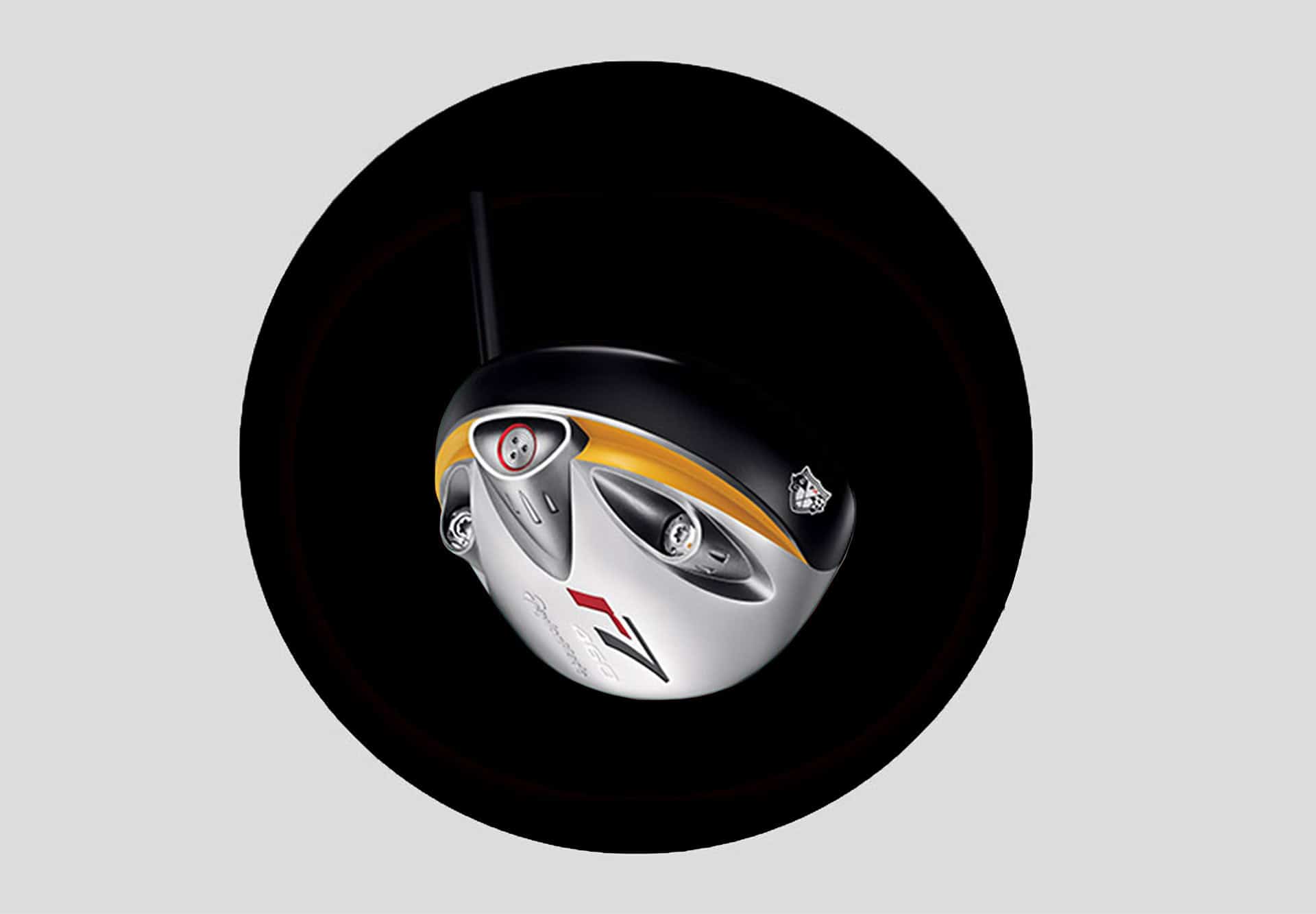
TaylorMade drivers by year: 2007: TaylorMade R7 Superquad driver
The Superquad took moveable weight technology to another level with four moveable weights providing 28 yards of shot shape correction.
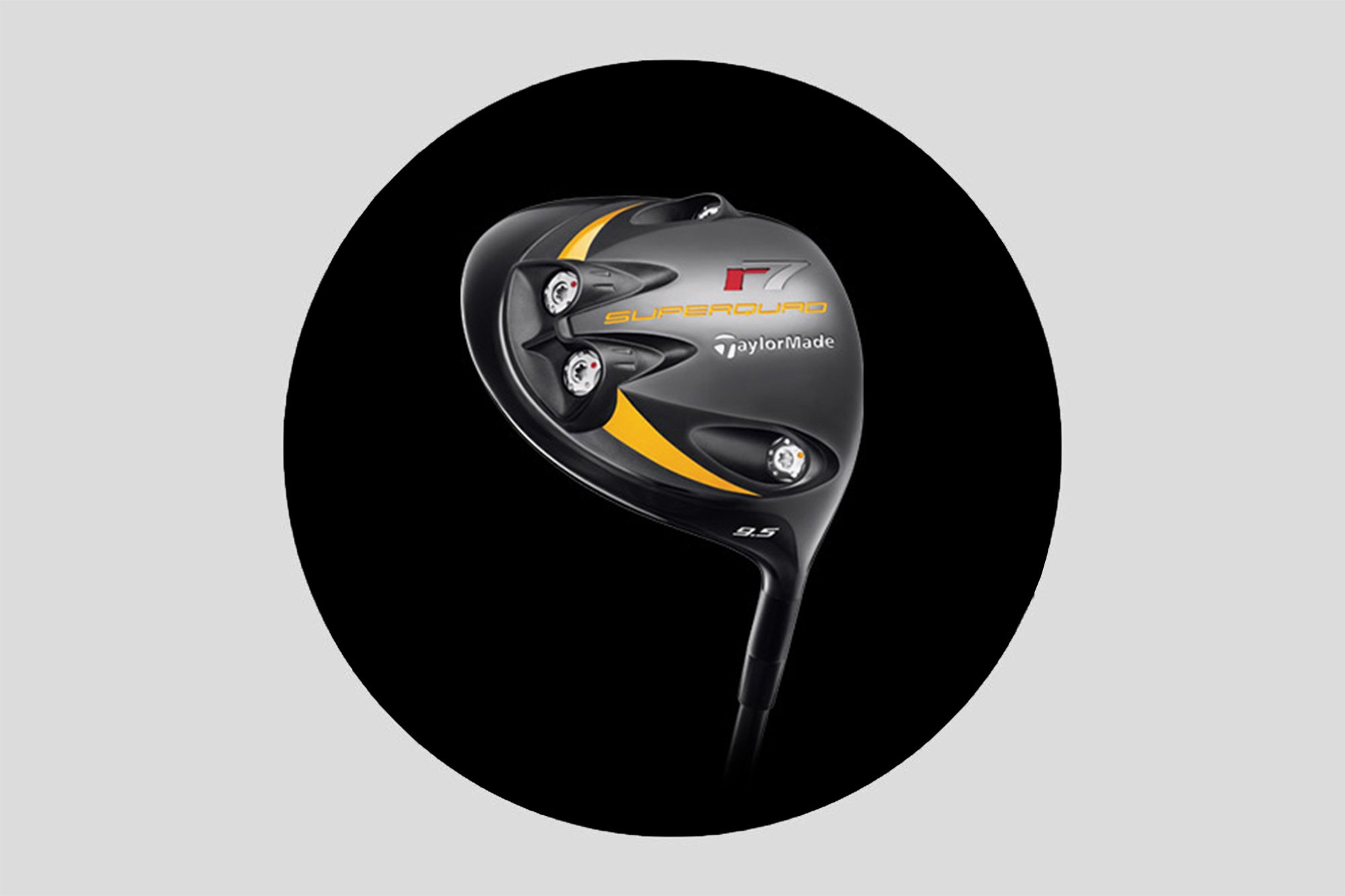
TaylorMade drivers by year: 2008: TaylorMade R7 CGB Max driver
The interchangeable hosel system in the R7 CGB Max created a whole new level of adjustability and customisation. Golfers could customise their driver with one of three different shaft offerings.
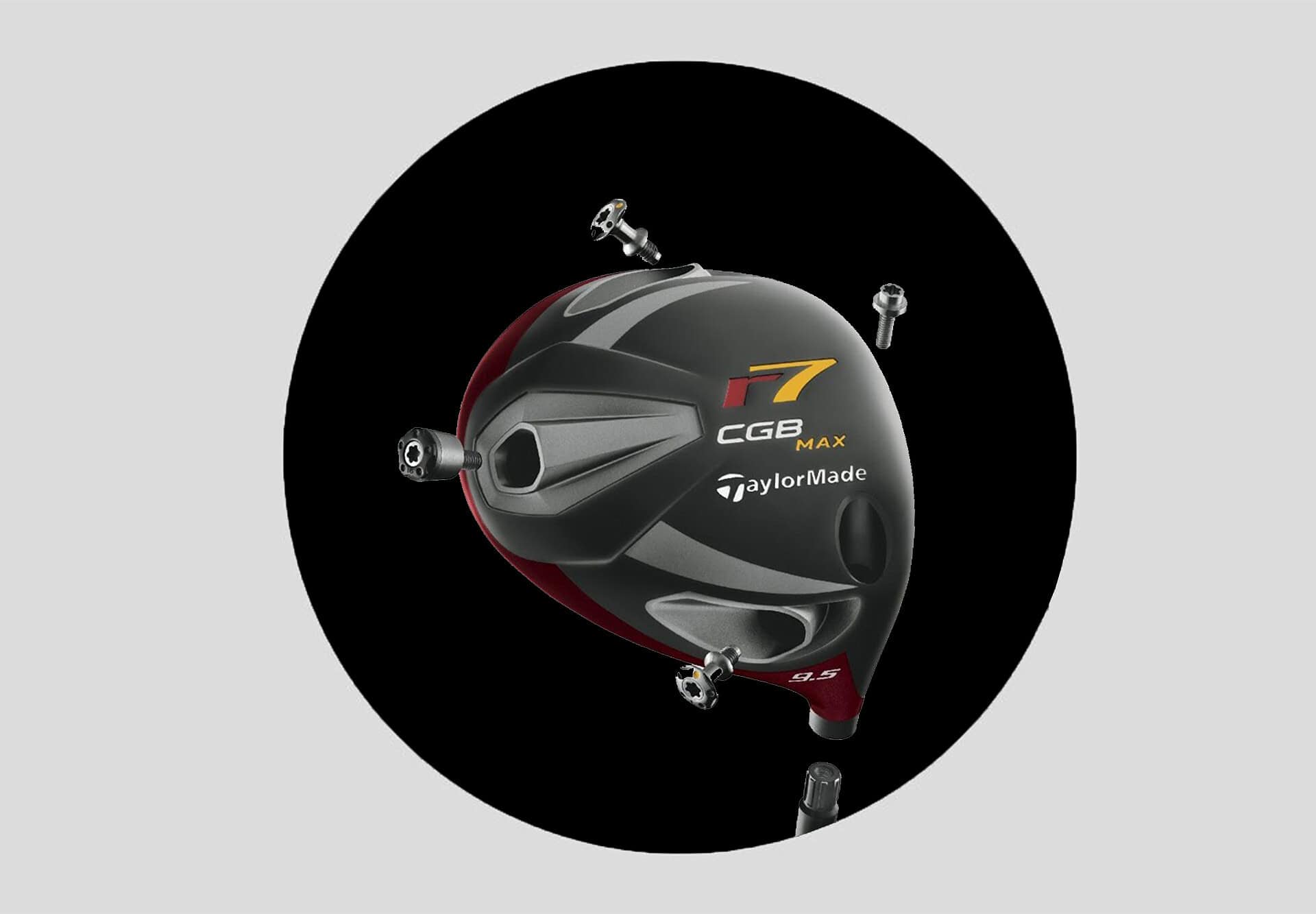
TaylorMade drivers by year: 2009: TaylorMade R9 driver
Flight Control Technology allowed golfers to change the face angle, lie, and loft of the club via the hosel. The R9 hosel had eight different positions making it one of the most adaptable and workable clubs of its time.
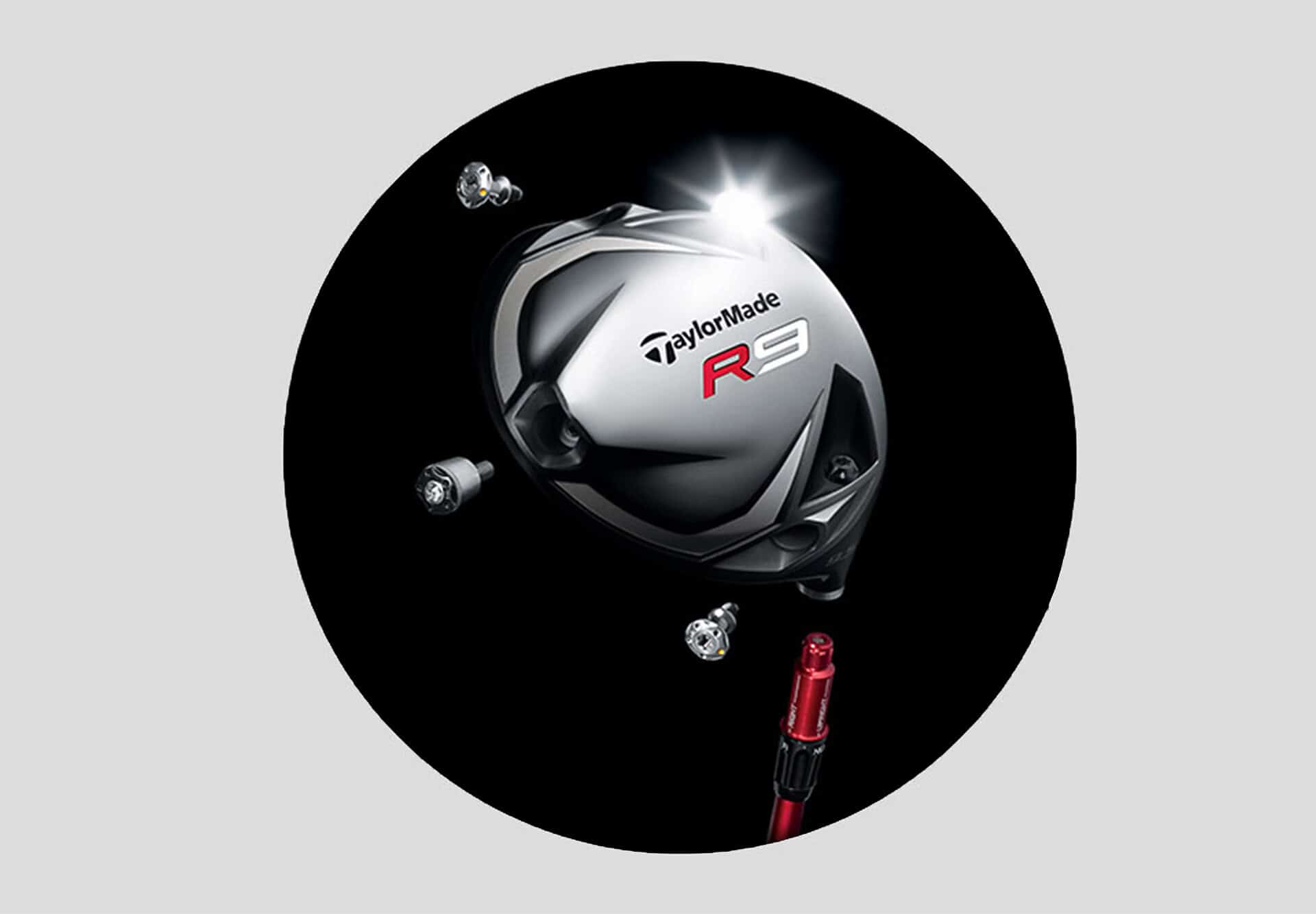
TaylorMade drivers by year: 2010: TaylorMade R9 SuperTri driver
The first time TaylorMade combined flight control technology with moveable weight technology in a 460cc head. The result was 24 combinations of face angle and CG location. This would provide up to 75 yards of side-to-side trajectory change, all in a more forgiving head.
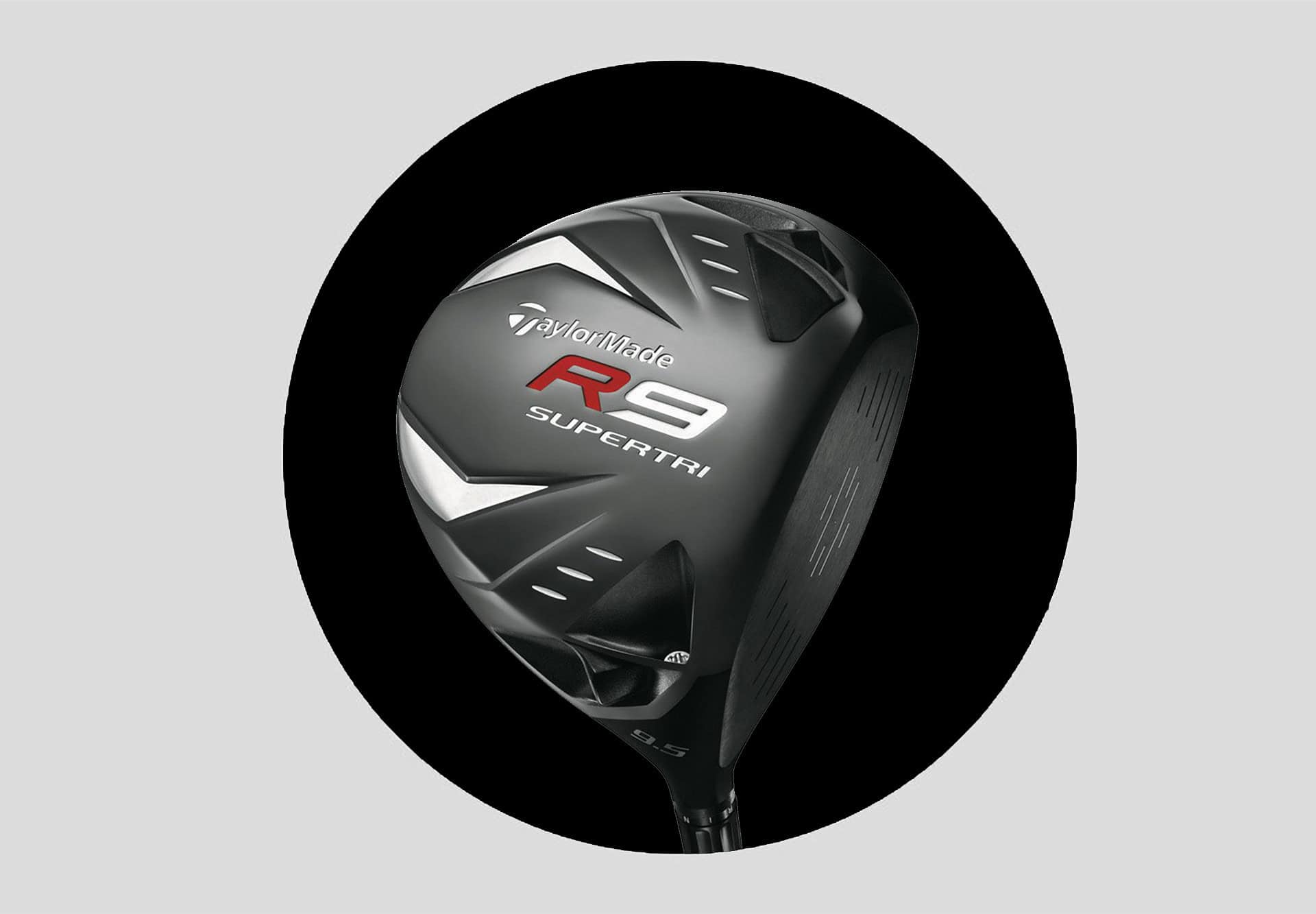
TaylorMade drivers by year: 2011: TaylorMade R11 driver
The white crown changed visual technology forever, providing huge levels of contrast at address for alignment. By August, TaylorMade had sold more than a million white metal woods. The adjustable sole plate was also an industry first and, combined with an adjustable loft sleeve and moveable weight technology gave golfers up to 100 yards of shot-shape correction.
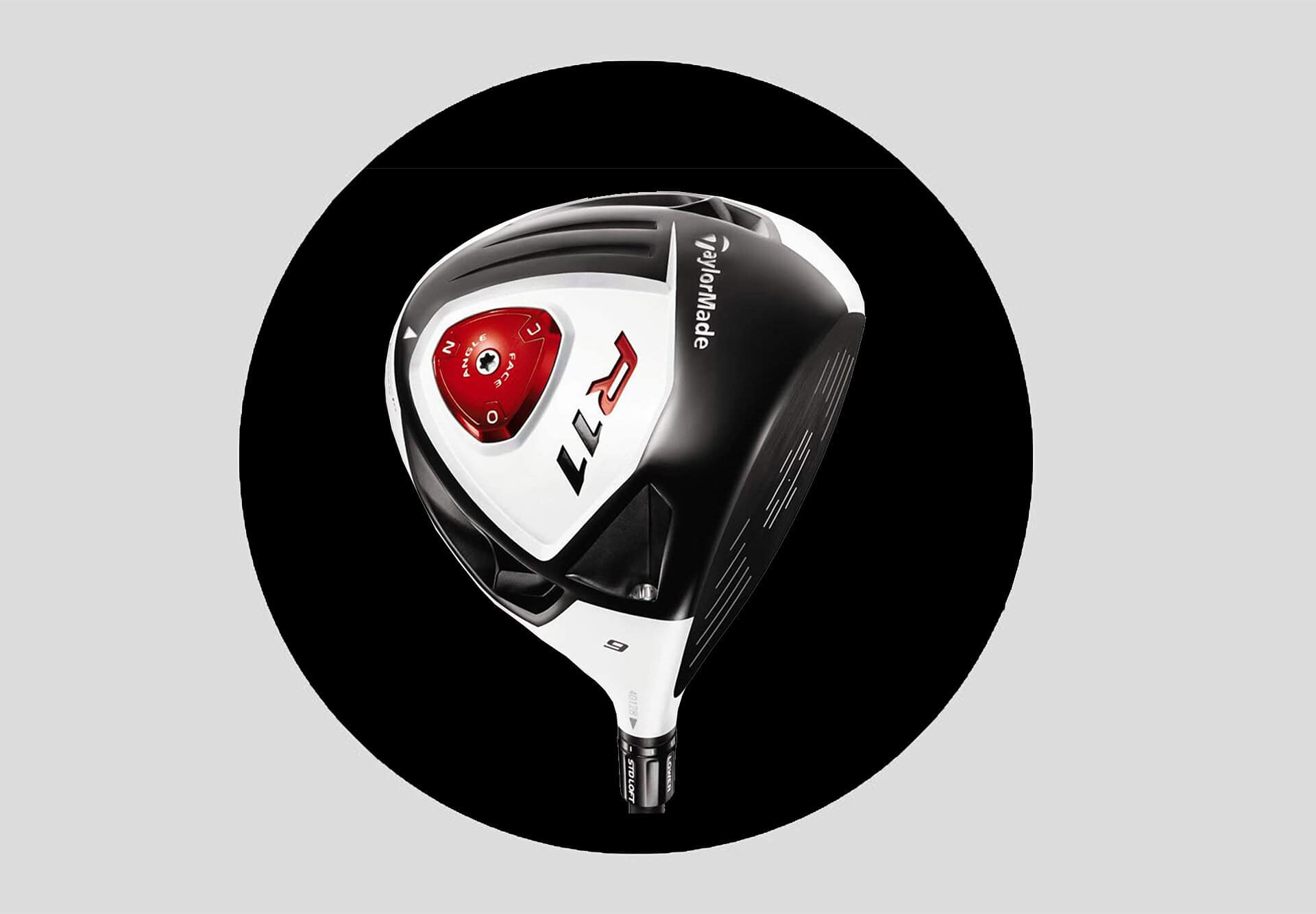
TaylorMade drivers by year: 2012: TaylorMade R11S
The R11S featured all the tech of the previous R11 but in a larger 460cc head.
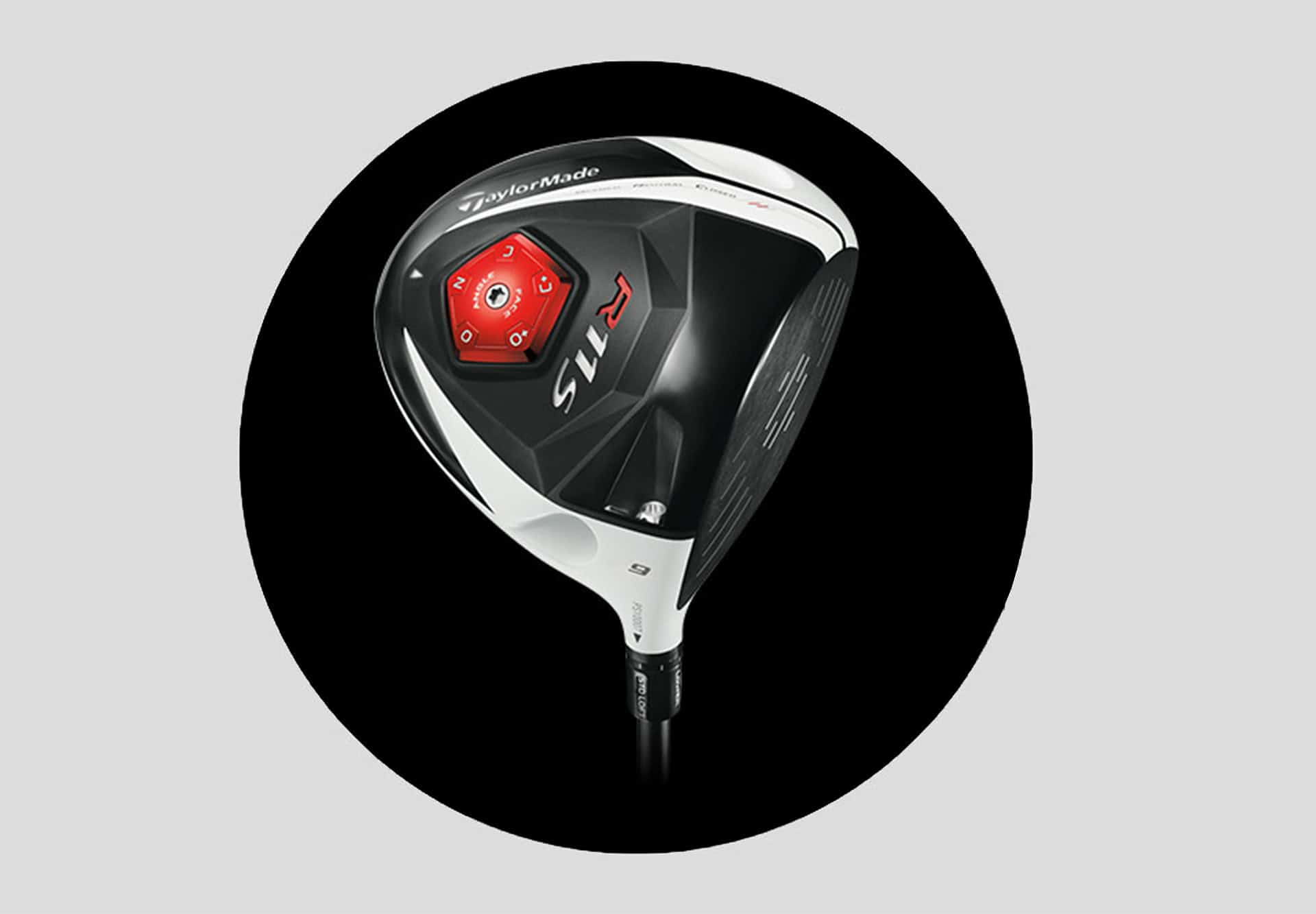
TaylorMade drivers by year: 2013: TaylorMade R1
The TaylorMade R1 driver was all about promoting optimal launch conditions via twelve loft and lie settings on the hosel.
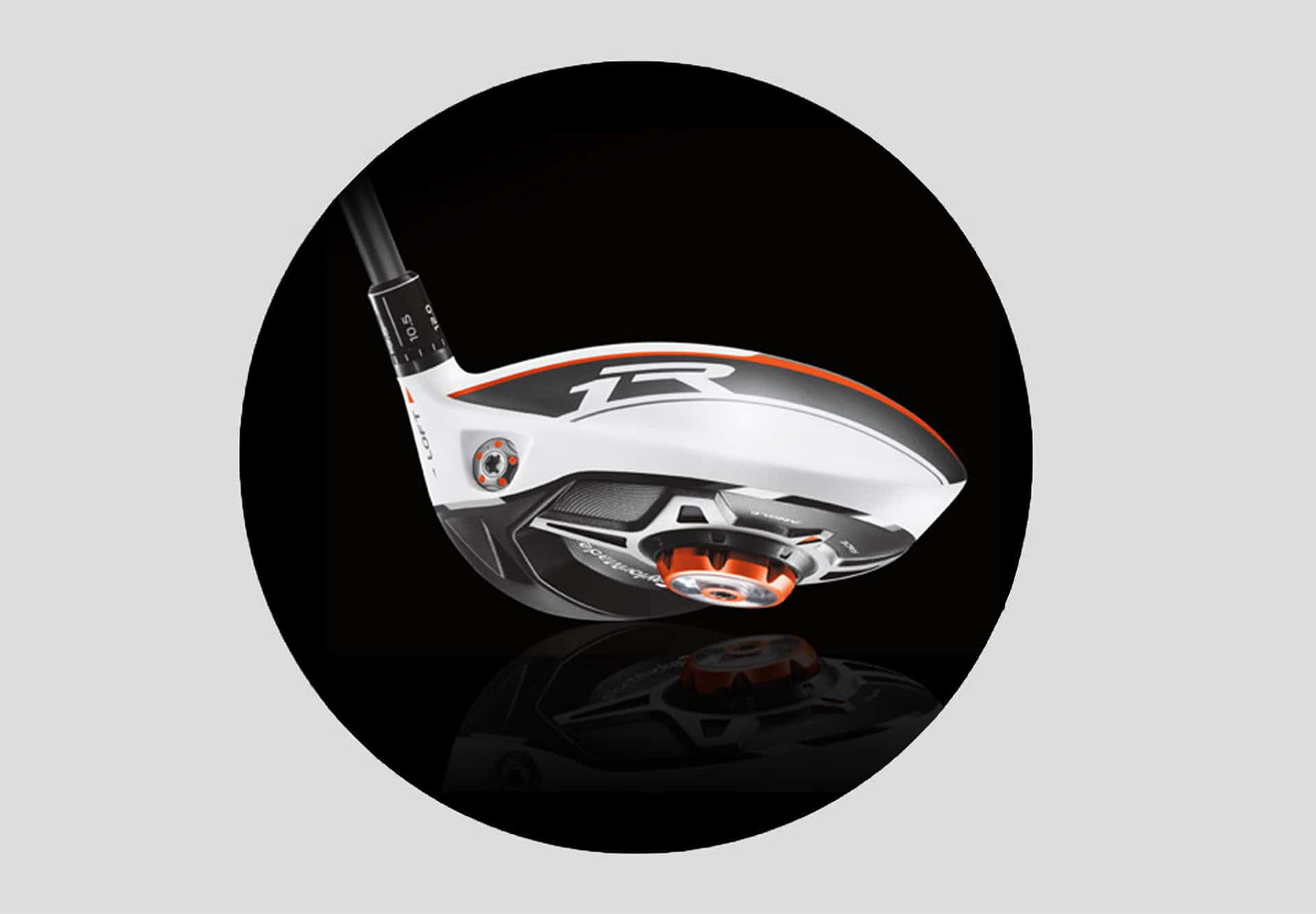
TaylorMade drivers by year: 2013: TaylorMade RBZ Stage 2 drivers
The TaylorMade RBZ Stage 2 driver featured a new larger club face giving the golfer a bigger contact area.
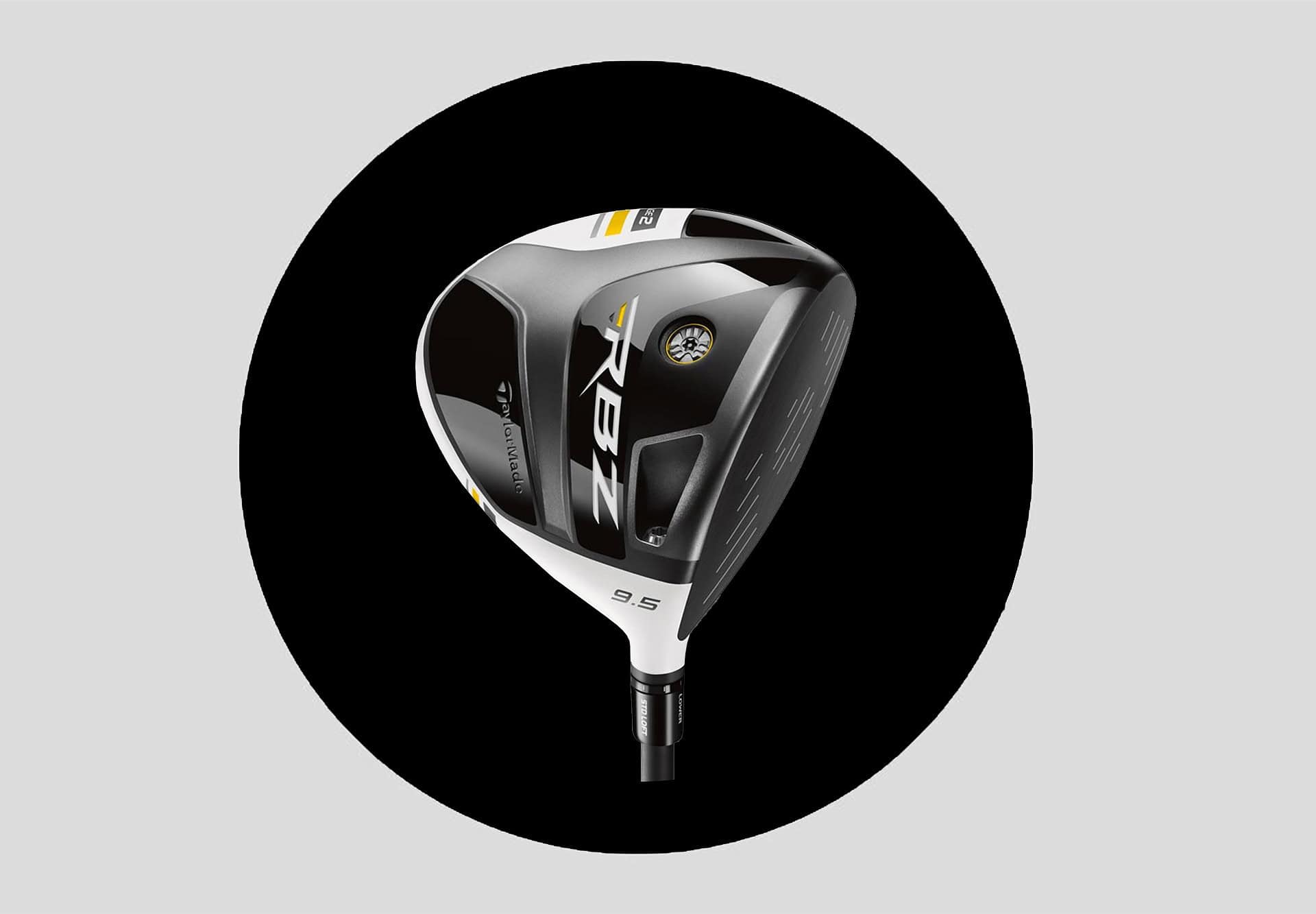
TaylorMade drivers by year: 2014: TaylorMade SLDR drivers
TaylorMade brought three new SLDR models to the market in 2014. The main SLDR 460 driver had a sliding weight rail at front of the sole near the club face. This created a more forward CG giving you a great combination of high launch and low spin.
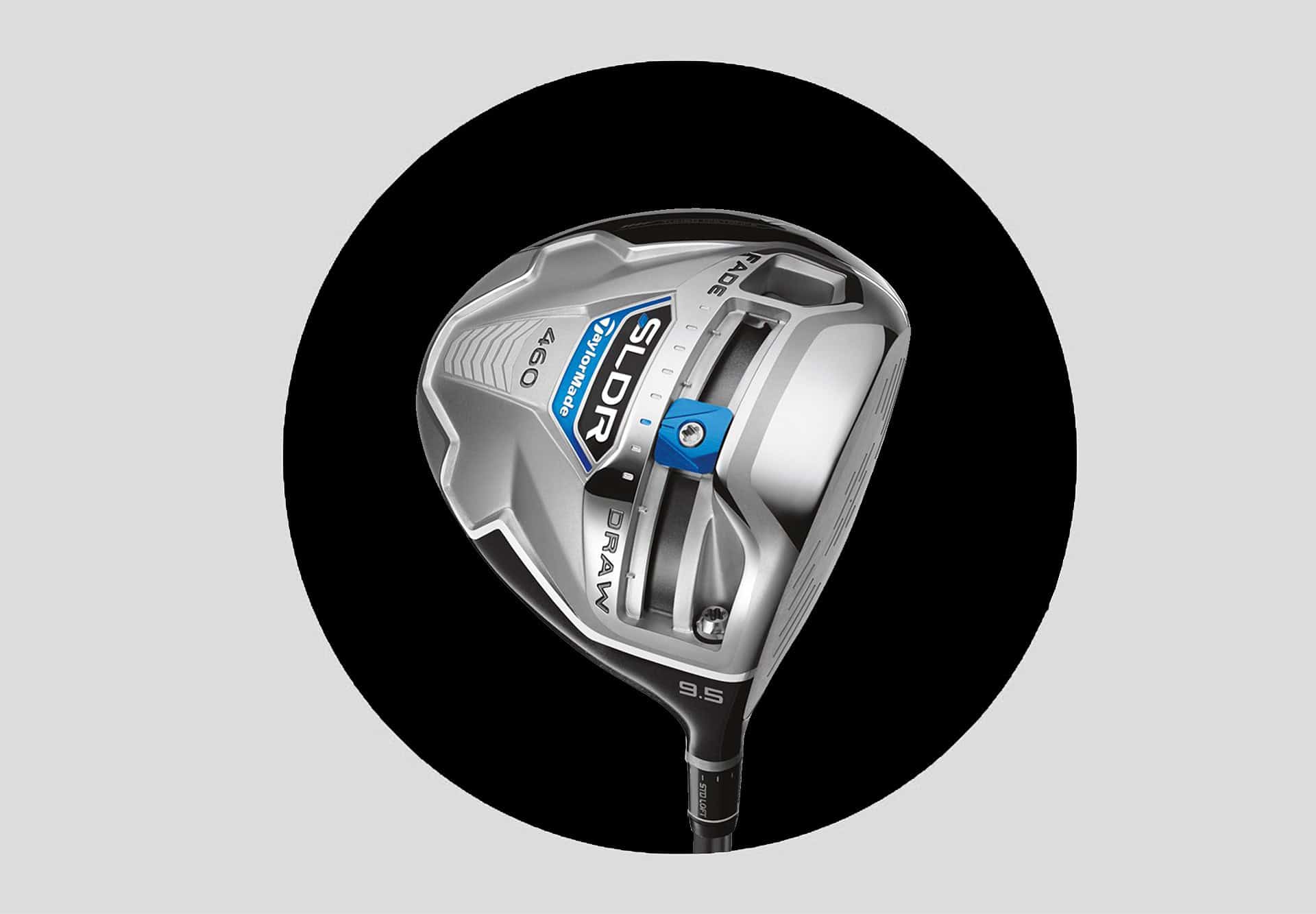
TaylorMade drivers by year: 2015: TaylorMade Aeroburner driver
Improved shaping helped reduce drag. The Aeroburner featured a rounder toe, raised centre crown, reduced drop from crown to skirt, and a new hosel fin.
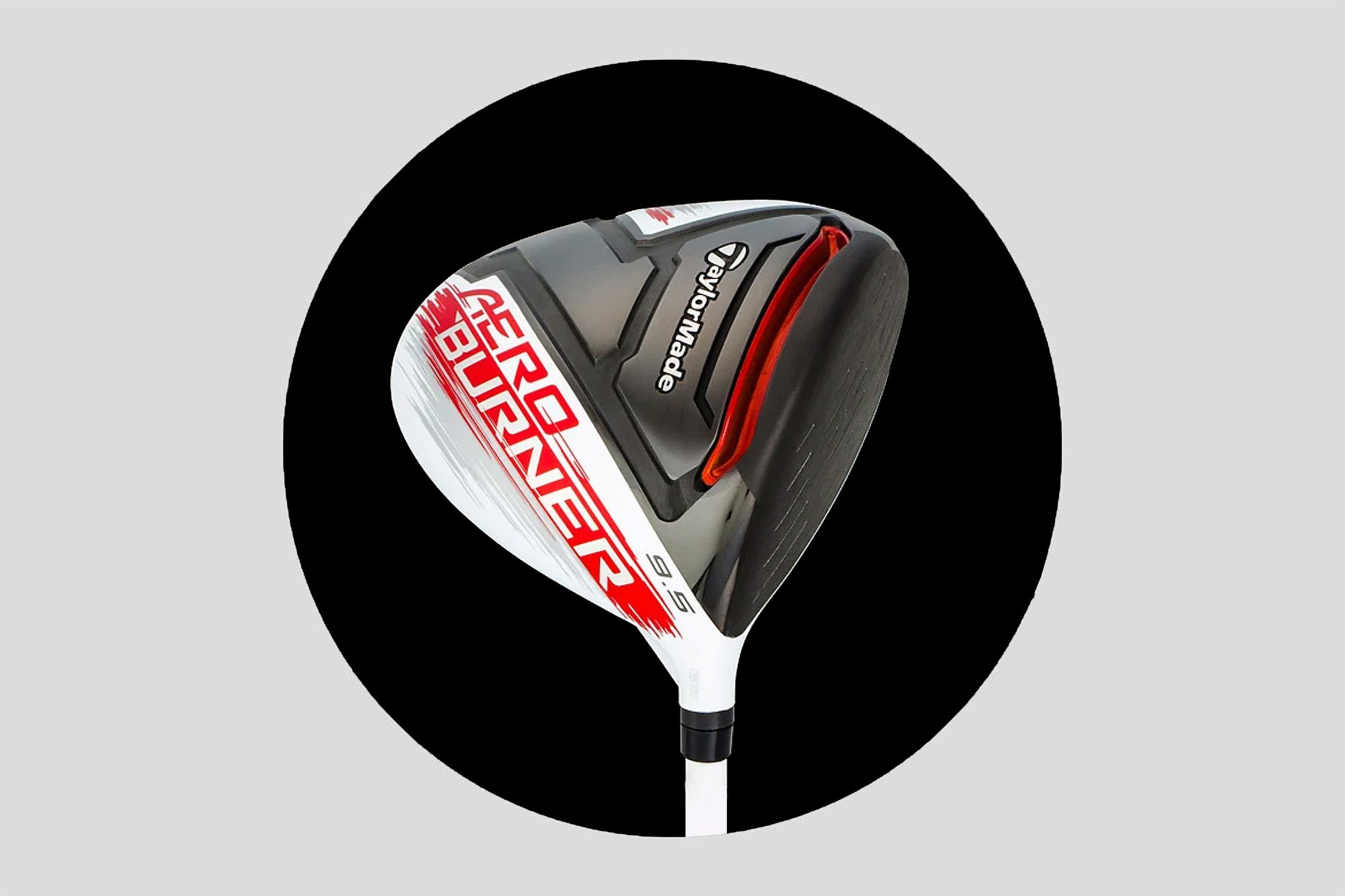
TaylorMade drivers by year: 2016: TaylorMade M1 & M2 drivers
A throwback to the original 1Metal. M stands for Multi-Material and it’s the key that unlocks performance in M1.
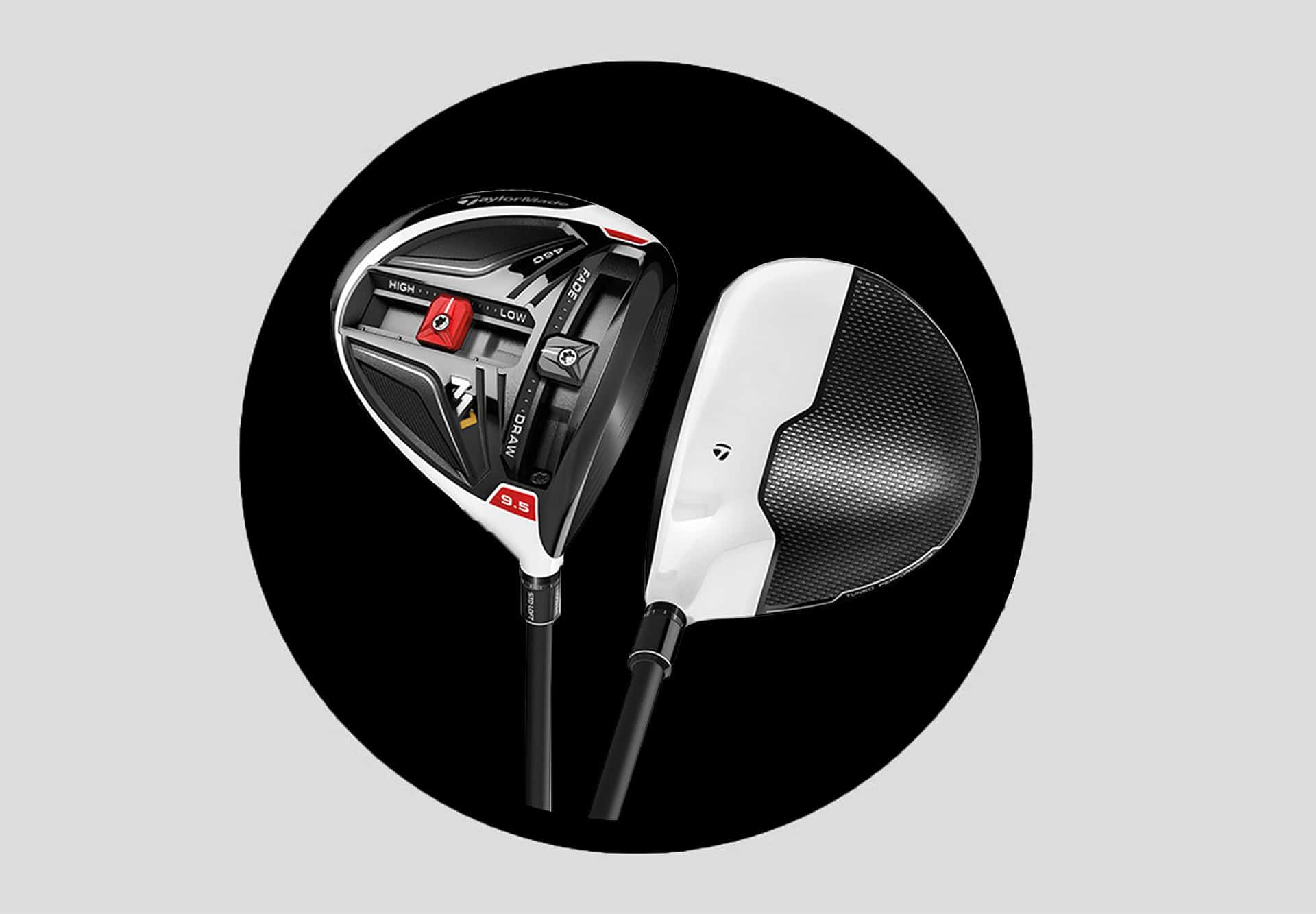
TaylorMade drivers by year: 2017: TaylorMade M1 & M2 drivers
This was the first TaylorMade drivers to have a multi-material combination of titanium, carbon toe panel, and six-layer carbon composite crown.
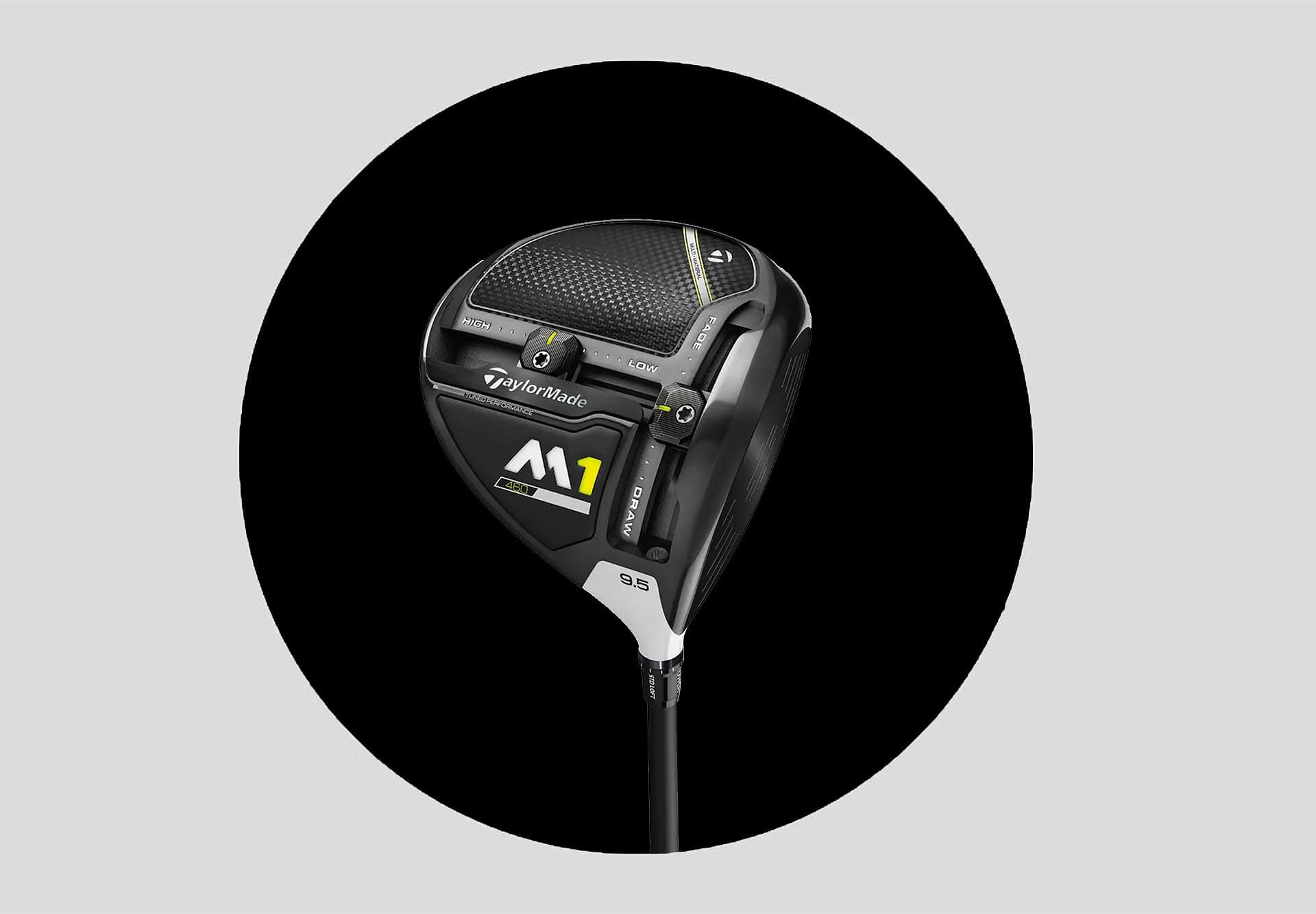
TaylorMade drivers by year: 2018: TaylorMade M3 & M4 driver
The M3 and M4 models helped introduce twist face to the world. The new face curvature helps correct face angles on off-centre strikes, produce a more consistent spin, and reduce side spin for straighter shots.
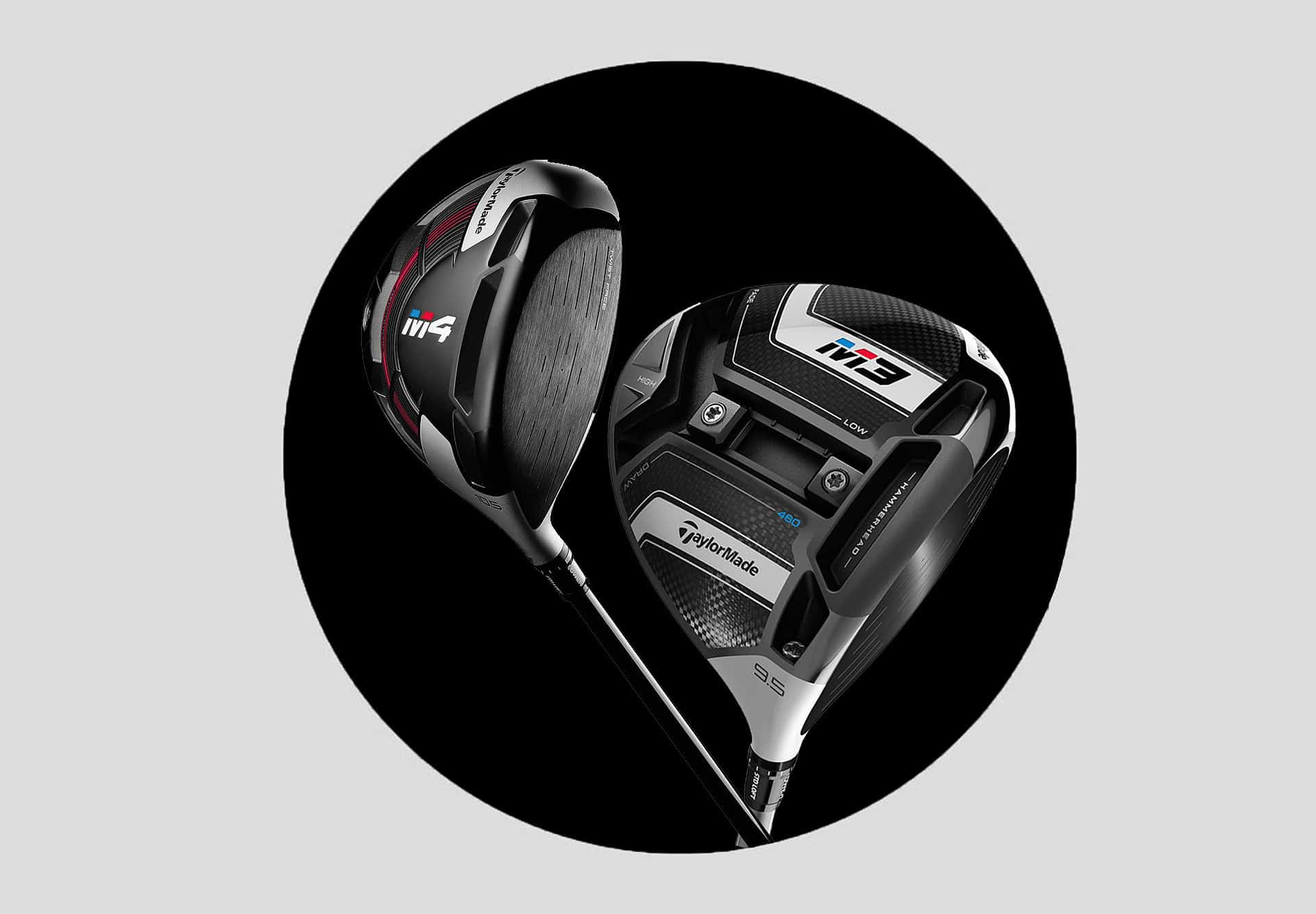
TaylorMade drivers by year: 2019: TaylorMade M5 & M6 drivers
The story for 2019 was all about getting speed to the edge of legal limits. The club head is speed injected with tuning resin to maximise ball speed and distance, achieving performance at or near the legal limit.
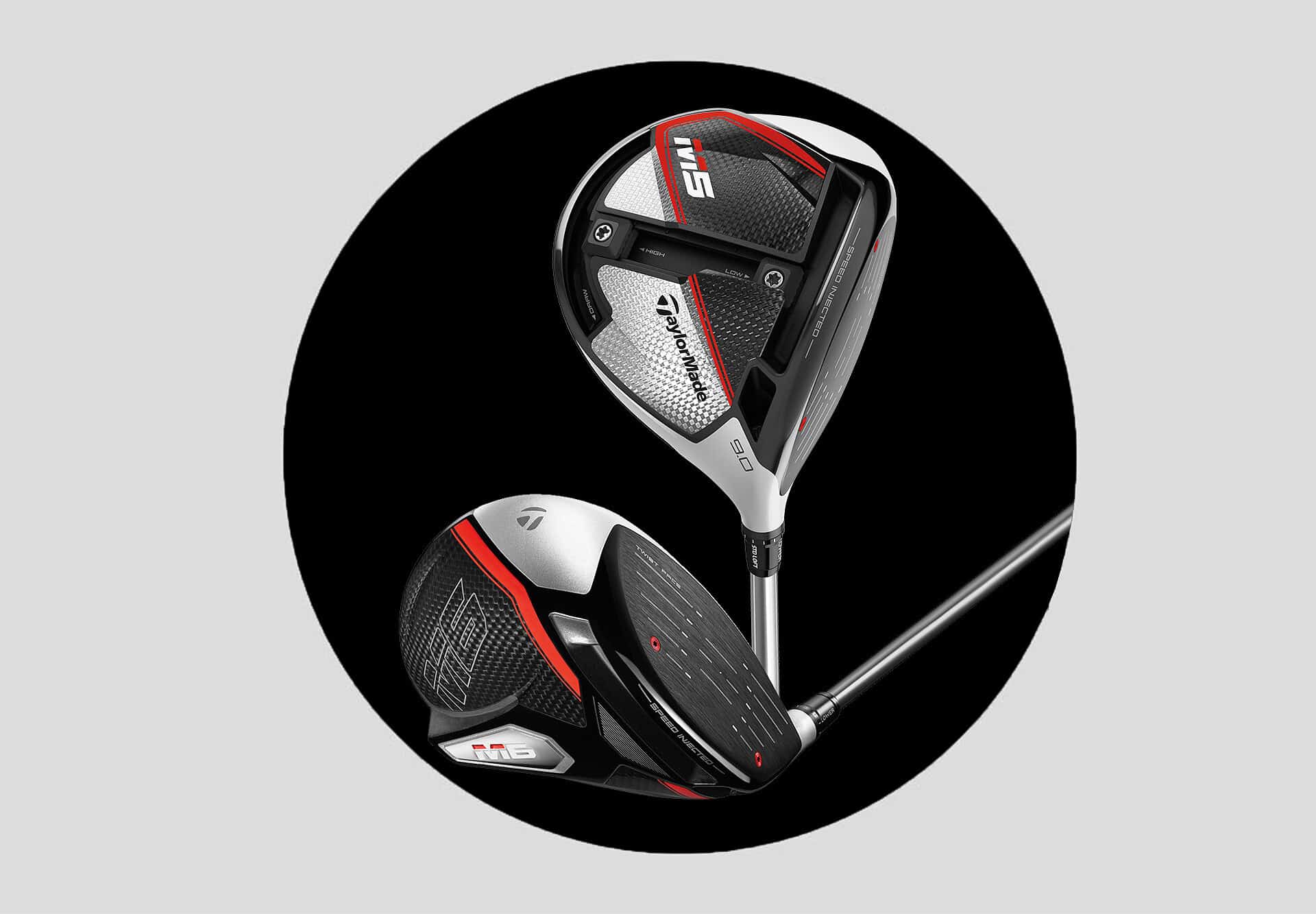
TaylorMade drivers by year: 2020: TaylorMade SIM & SIM Max driver
As the name suggests, the SIM driver is all about reshaping. An asymmetric sole design and inertia generator improved aerodynamics, increased speed and added forgiveness.
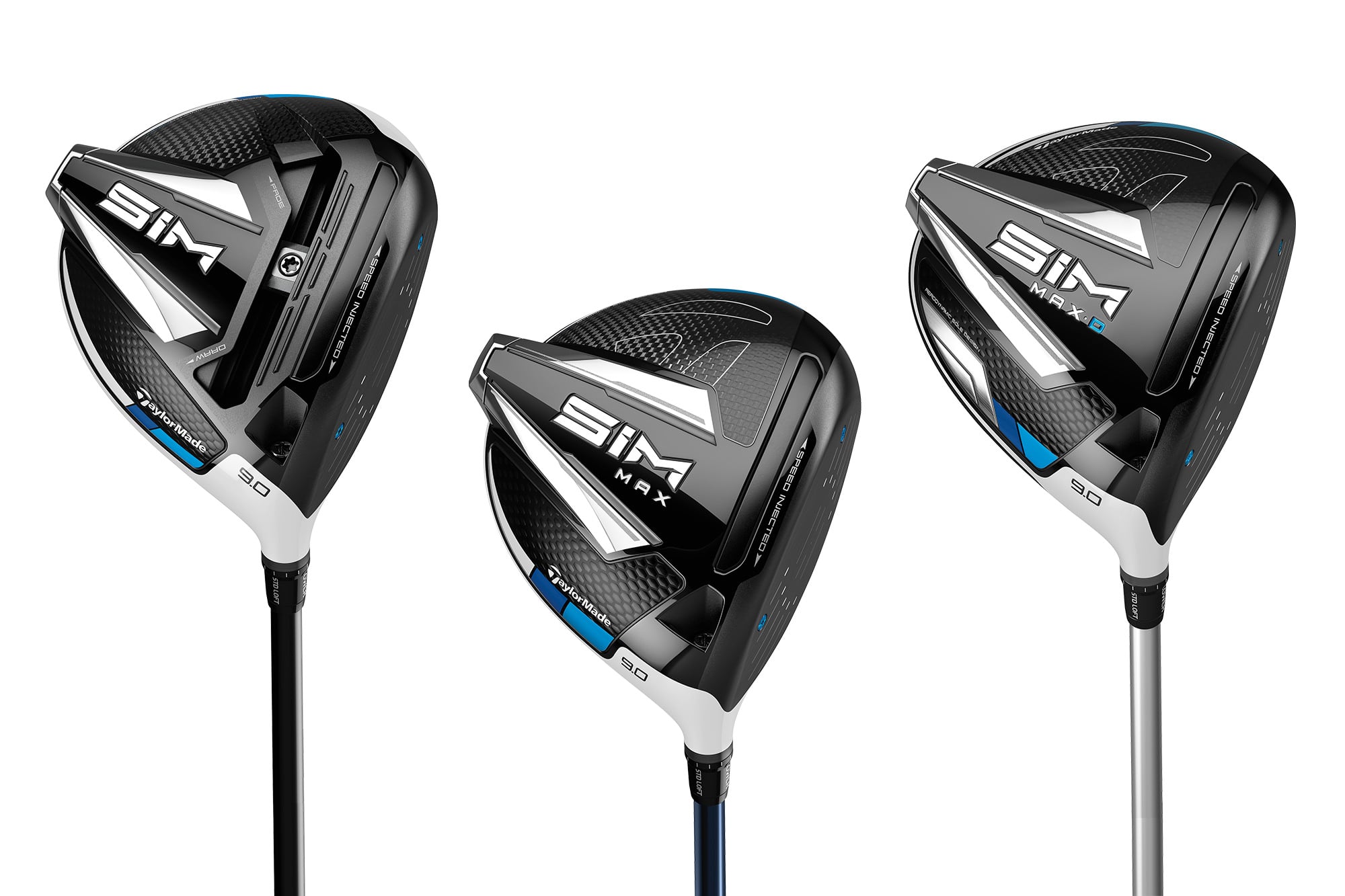
TaylorMade drivers by year: 2021: TaylorMade SIM2 & SIM2 Max driver
The focus for TaylorMade in 2021 was construction. Each individual piece of the club head was upgraded to improve performance, including the ‘Forged Ring Construction’ which formed the chassis of the driver.
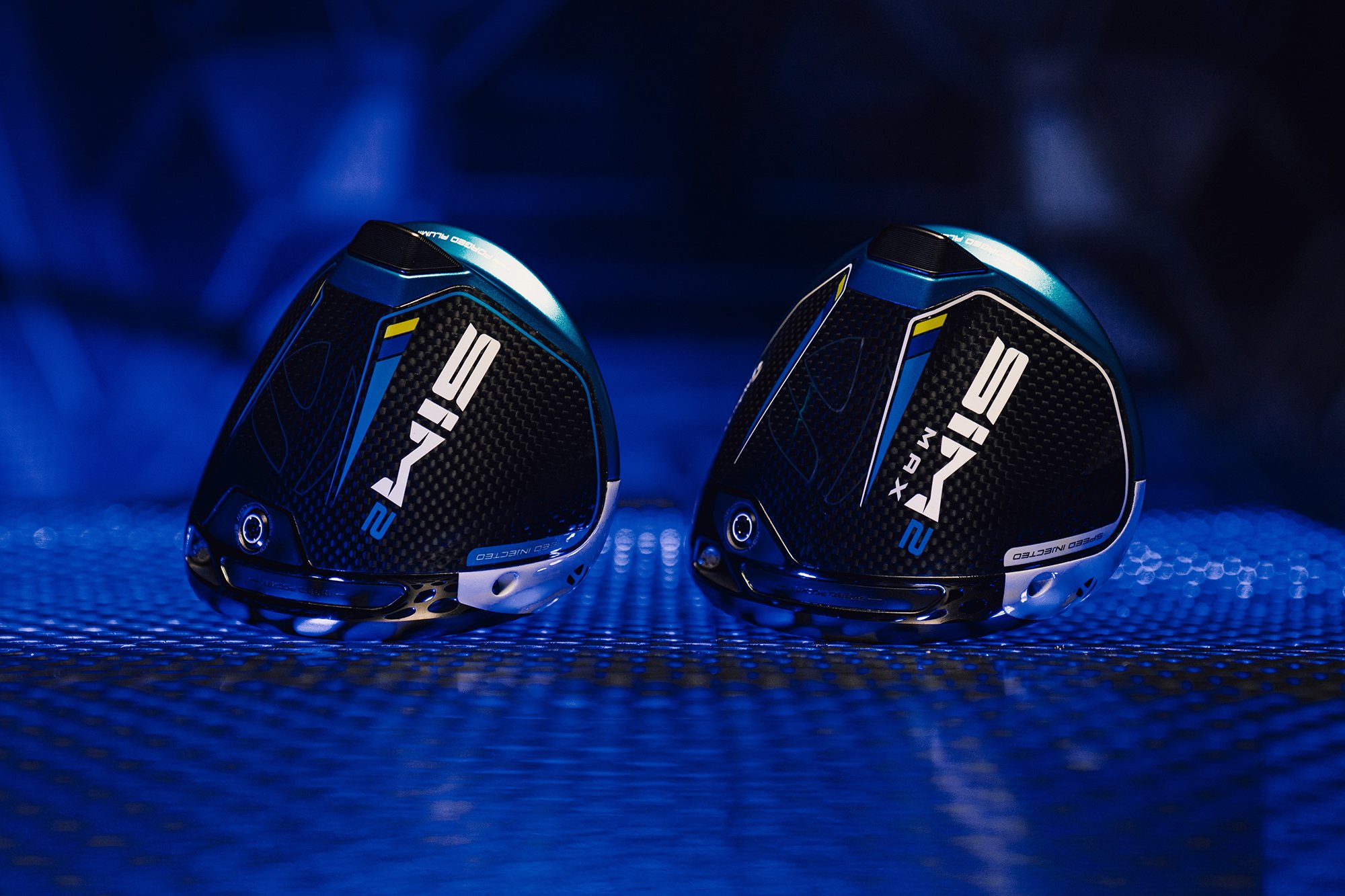
TaylorMade drivers by year: 2022: TaylorMade Stealth driver
An industry-first in the driver category, a carbon wood. The red and black club face, which is now much larger, provides more speed, a higher COR, and precise face geometry. It comprises 60 layers of overlapping carbon with a nanotexture cover that creates a strong yet flexible striking surface to optimise distance by improving the launch in dry and wet conditions.
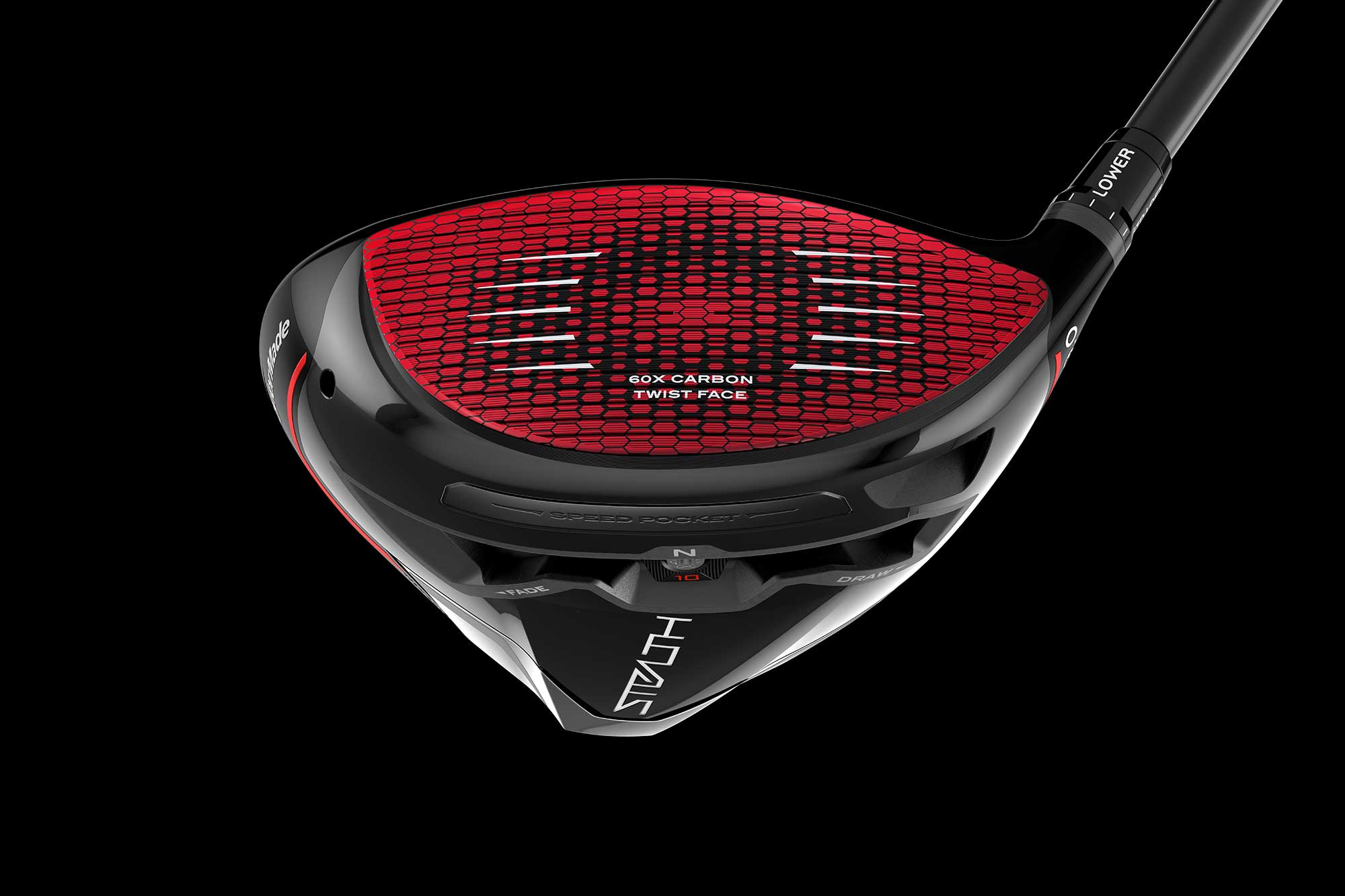
TaylorMade drivers by year: 2023: TaylorMade Stealth 2 driver
Building on top of the success of the Steath driver, TaylorMade’s Stealth 2 features nearly double the amount of carbon in the head, which allows the redistribution of mass to produce more consistently high ball speeds than ever before. Strategically added tungsten weights and improved Inverted Cone Technology combines speed and forgiveness for fargiveness.
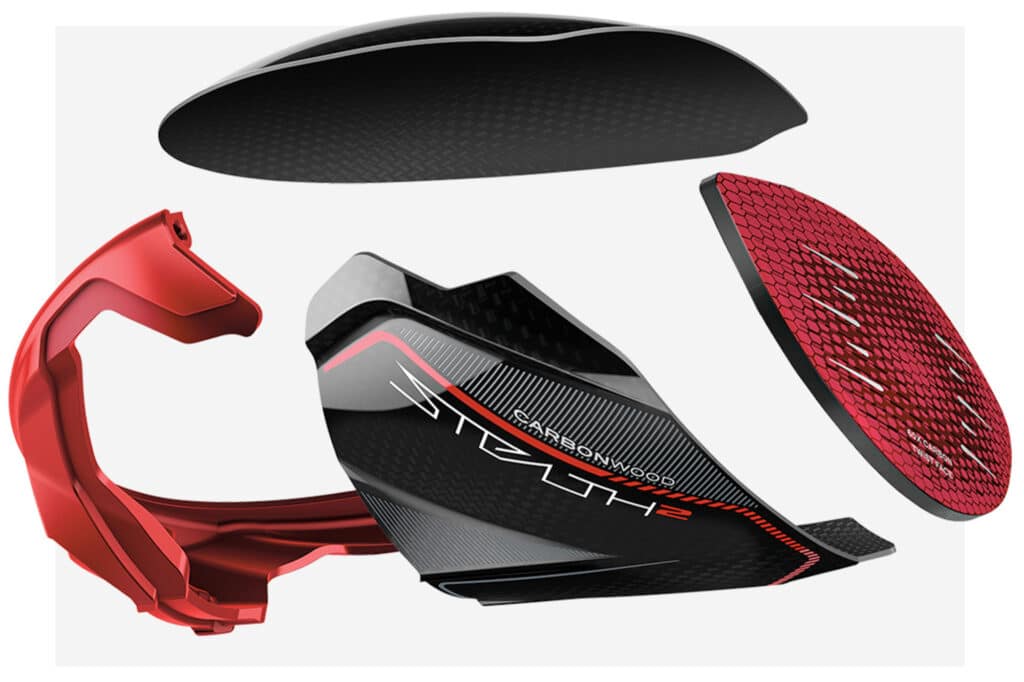
Hannah Holden

Hannah Holden is the Equipment and Instruction Editor here at National Club Golfer. If you’re looking to improve your game, by changing your golf swing or upgrading your golf equipment she’ll have the answers.
As well as writing lots of features and reviews you can find her on our YouTube channel giving you insights on the latest rules, clubs and tips to improve your golf game.
Hannah is a member at Alwoodley golf club. You will either find her here or driving up and down the country playing in a variety of elite amateur events.



